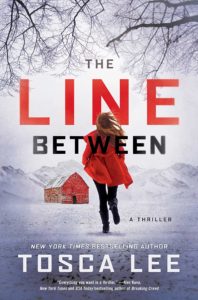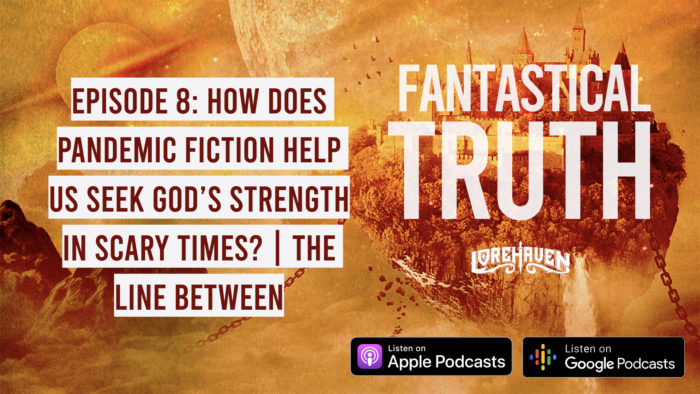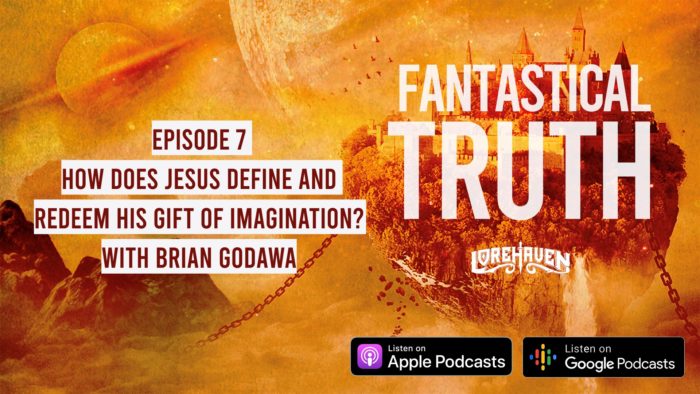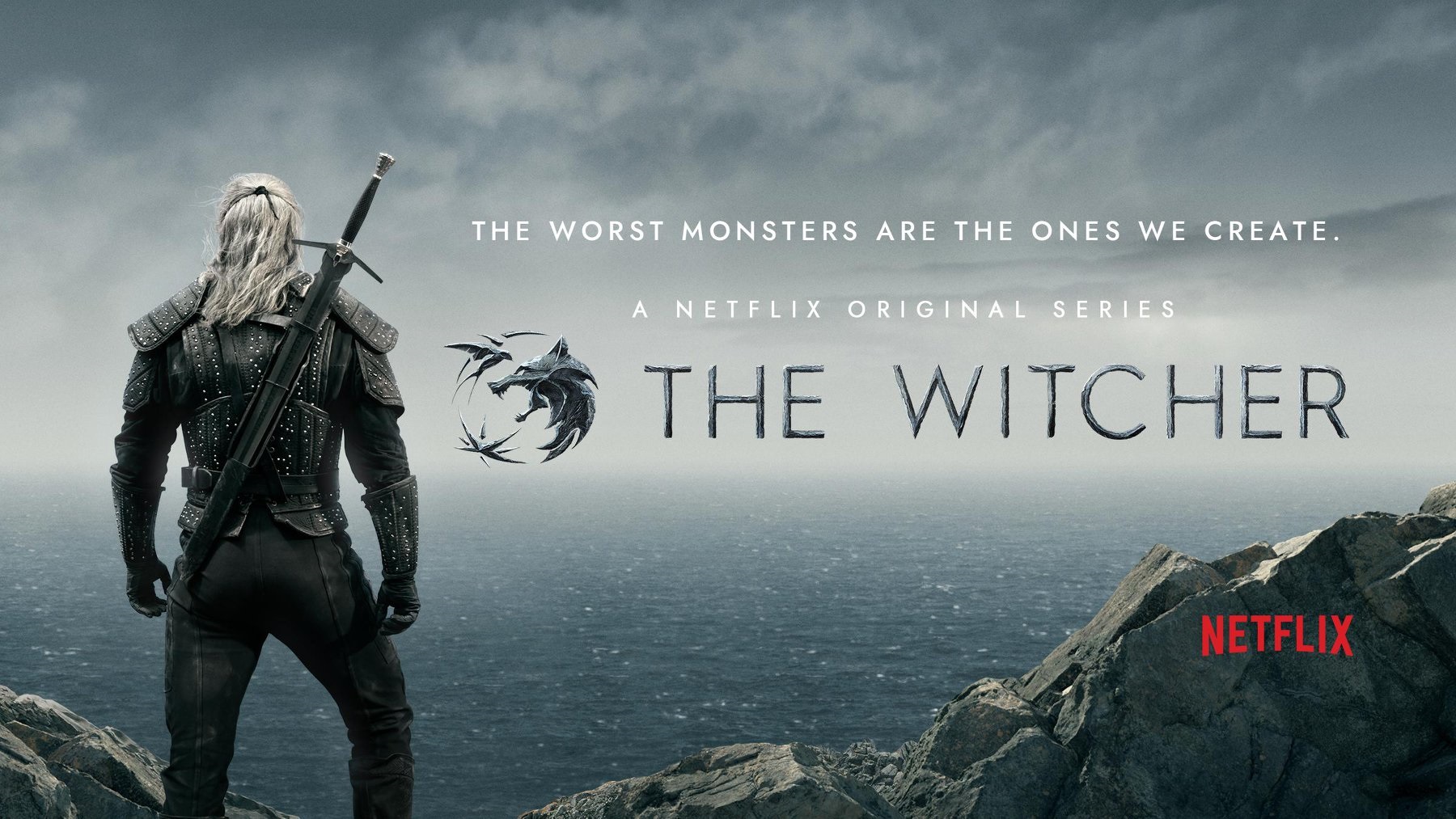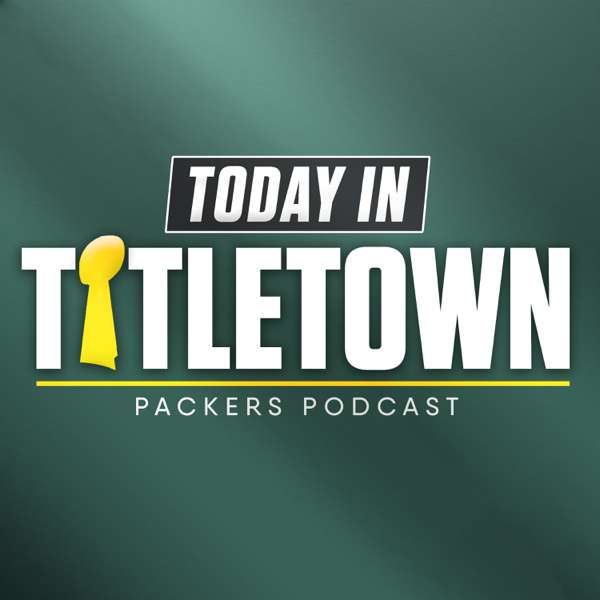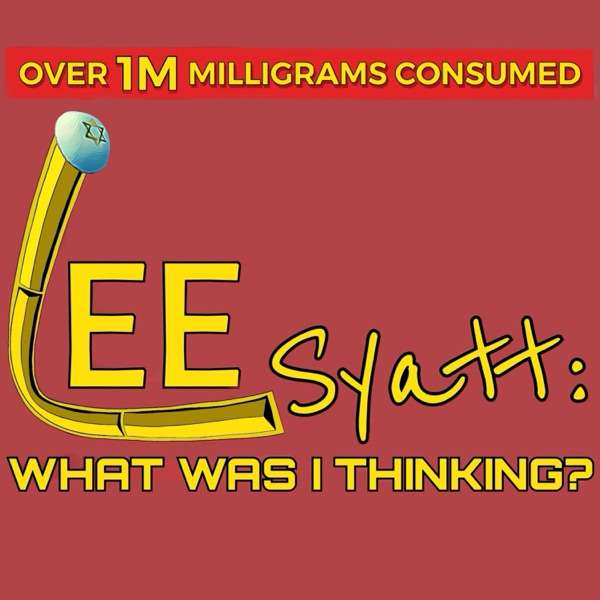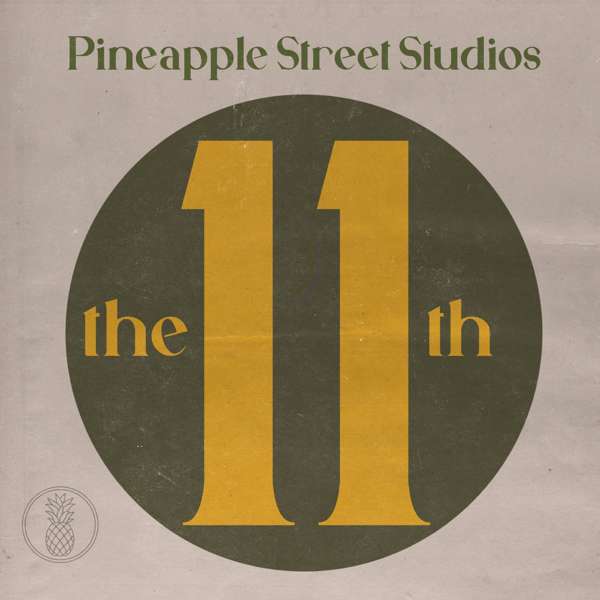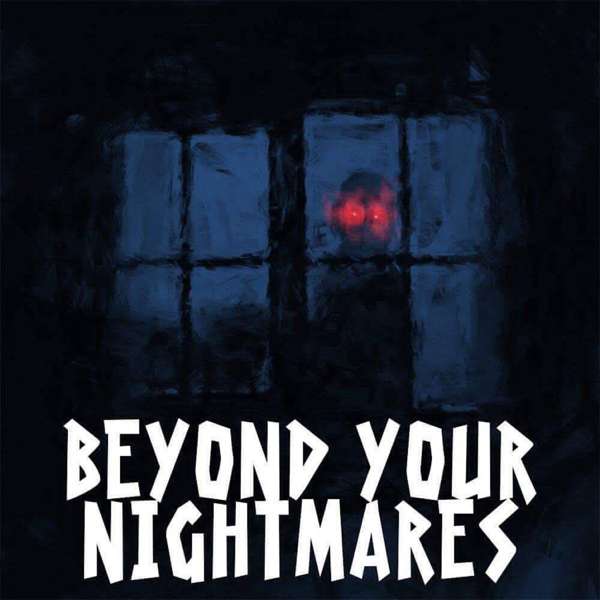Stephen has returned from a busy and then restful weekend. Next time we will recap his Florida event with Realm Makers Bookstore. But first let’s open our Bibles and review the Lorehaven faith statement, which we updated at the turn of this year. In a world of confusion about reality and imagination, how do we at Lorehaven strive to uphold the holy Scripture?
articles • news • library • reviews • podcast • gifts • guild
Episode sponsors
- Realm Makers 2022 conference
- The Lorehaven Guild
- See all podcast sponsors
Concession stand for the confession stand
- Naturally this episode theme is more “truth” and less “fantastical”!
- This just seemed a good time to review what we believe and why.
- Not every faith statement can say everything true about biblical faith.
- We’ll explore those questions here and there as we explore this document.
- You may have questions but that doesn’t automatically mean you’re unsaved.
- Read our full Sacred Scrolls faith statement here.
- We’ve explored some doctrine topics, such as in our Epic Resurrection series.
- Finally, this is how we introduce the statement of faith :
All Lorehaven staff creators and guest writers, as well as Quest Guides in the Lorehaven Guild, must agree with our Sacred Scrolls faith statement.
(Christian authors whose novels we list or review may choose to affirm any comparable orthodox faith statement, though not necessarily this statement.)
1. The Bible
Scripture is our only inerrant, authoritative, and sufficient word of God. Men wrote the Bible by inspiration of the Holy Spirit. Each book reflects its human author’s personality, language, and genre choices, yet flows into a single narrative called the Gospel. The Bible consists of sixty-six books in Old and New Testaments. (Good translations give us confidence to know God’s intent.)
2. God
God is our Creator and our sovereign ruler of all things in Heaven and Earth. He eternally exists in three Persons: the Father, the Son, and the Holy Spirit. He alone has the right to define natural law and moral law; all beauty, goodness, and truth; and any virtues such as love, holiness, and wrath.
3. Creation
God created and rules his universe as its ultimate authority. God’s creation can and does reflect certain divine attributes. All real beauty, goodness, and truth comes from God, even in a world that rejects him.
4. Humanity
God created human beings in his own image, giving us creative abilities, a call to steward the Earth, and moral responsibility for our choices. The “chief end” of all people is to glorify God and enjoy him forever. Adam and Eve, however, rejected this purpose and chose to rebel against God’s command.
5. Creation’s curse
Adam’s and Eve’s choice brought God’s curse of death upon the world. This will lead to a person’s eternal separation from God in a place called Hell. God’s curse also affects his own creation and all of our creative works—including our storytelling and culture-making—with sin, idolatry, suffering, trauma, and death. Because we bear God’s image, our stories may reflect glimpses of God’s beauty, goodness, and truth, yet they often show these virtues broken and distorted. For now, we need discernment to best enjoy God’s world and human creations.
6. Jesus Christ
God started his epic gospel redemption narrative in Genesis 3, then gave mankind a tutor in the Old Testament Law—a temporary guardian until Jesus arrived to fulfill this Law. We believe Jesus Christ is fully God and fully man, born of a virgin. He lived a perfect life, worked real miracles, and recruited disciples. He fought false teaching and used sermons and stories alike to teach his followers about his Kingdom. Jesus surrendered his life to crucifixion, suffering real death as final atonement for sinners. Three days later he resurrected himself from death in a physical body. Later he ascended to Heaven to sit at his Father’s right hand, reigning and planning his return.
7. Salvation
Jesus calls all people to repent of their sin and be “born again,” that is, spiritually regenerated and reconciled to our loving God. A person may see this conversion in a moment, early in life, or even over time. (Christians of good faith can debate the order or doctrinal priority of the salvation process.) Anyone is saved according to the Scripture alone, by God’s grace alone, through faith alone, in the perfect work of Jesus Christ alone, for the glory of God alone.
8. The Church
By the Holy Spirit, God organizes a Kingdom of redeemed saints. This is called the Church (capital C), consisting of many local churches (small C). A local church is defined by many requirements, among them biblical teaching, fellowship, worship, regular meetings, and membership limited to Christians. All biblical Christians must join a local church in some way, or else actively seek out qualifying local churches in their area. Good Christians may disagree with minor doctrine points, or suffer serious harm from church abuse or false teaching. But these experiences, even if hurtful, do not disqualify local church participation.
9. Marriage and family
God gave humans many individual freedoms, yet defines marriage as one man and one woman uniting in a lifetime covenant. God intends marriage and family to help us reflect Christ’s love for his Church, to share the good of wedlock, to bear children, and to fill the Earth as stewards of God’s creation. In a fallen world, people may struggle with the effects of sin, such as divorce, male/female identities, unnatural attractions, or reproductive issues. God is faithful to help Christians endure trauma, temptations, and other weakness without sinning, and will redeem repentant saints at the resurrection. (Biblical Christians must confront many questions. But as of this statement, our culture is specifically subverting marriage and family. That fact requires this item.)
10. Resurrection
Jesus Christ will personally return to Earth! He will complete his redemption of all things under his kingship. He will resurrect the saved and the lost. Jesus will perfectly judge all people, rewarding his adopted children with eternal happiness, and punishing all who reject him with eternal and conscious suffering in place the Bible calls the lake of fire. He will restore all things by renewing this universe, called the New Heavens and the New Earth. In this world, every restored person will finally be able to worship God forever in all our adventures—exploring, working, playing, creating, and enjoying all for his glory.
Com station
One hero of the Guild remarked about episode 114:
That Hideous Strength stands apart from the other books of the Space Trilogy for several reasons, not the least of which is its setting. I wasn’t aware of the connection to The Abolition of Man and I have to add that to my TBR pile. ( I think Lewis himself delivered this as radio lectures and it may be available on audio.)
Another hero said:
I liked the dramatic podcast excerpt. It made me curious about podcast radio plays as a medium. Does anyone here consider themselves a fan of the medium, or have any recommendations?
It also occurs to me that the radio play could be a good “bridge” medium for nurturing a big idea to its next phase. Like Mike Nawrocki starting with a children’s book series and working toward an animated television series.[1. Our hero refers to episode 113: What If You Learned Bible Lessons from Singing Veggies and Dead Sea Squirrels? | with Mike Nawrocki.]
Next on Fantastical Truth
Homeschool families. They’re a little different, aren’t they? Their women wear denim skirts and bake bread. Their eleventeen children avoid college and get pressed into service on the family farm as well as (if they’re really good) parent-arranged courtships. And of course, they shun fantasy. About this myth we have three little words: ha, ha, ha. In reality, homeschool parents and students love these stories. Next week, a homeschool graduate and Floridian joins us to explore why homeschooled students love fantastical fiction.

 Our TOPPODCAST Picks
Our TOPPODCAST Picks  Stay Connected
Stay Connected


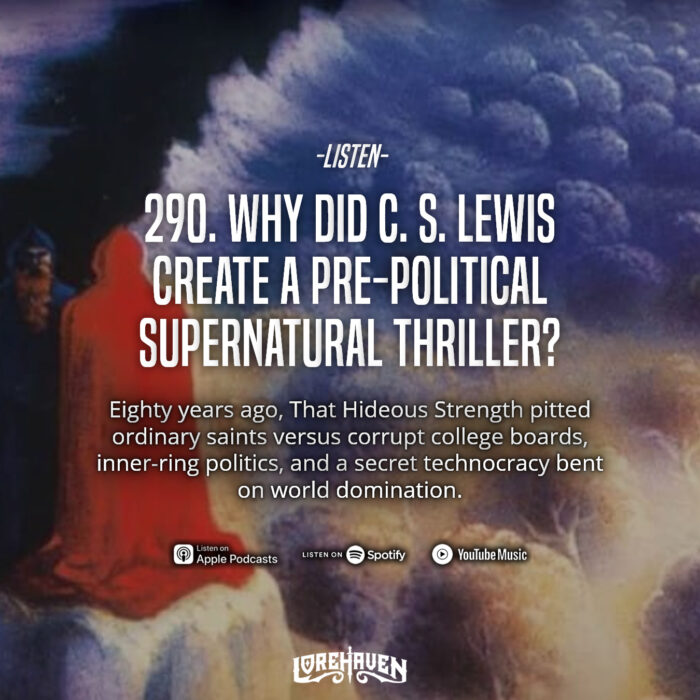 tallgrant liked ep. 290 on YouTube
tallgrant liked ep. 290 on YouTube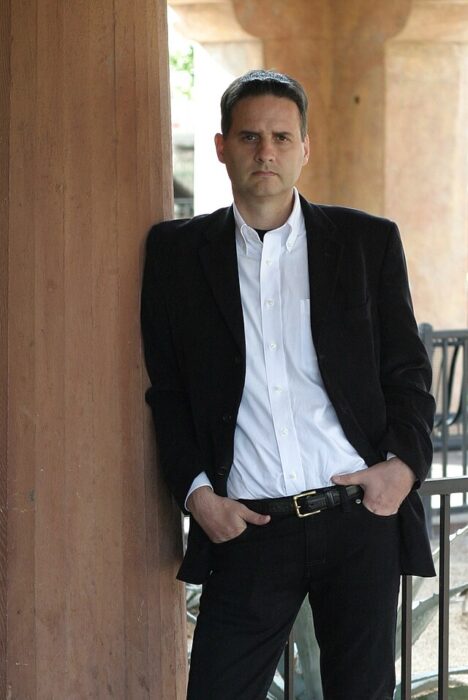 Backstory: Mark Joseph
Backstory: Mark Joseph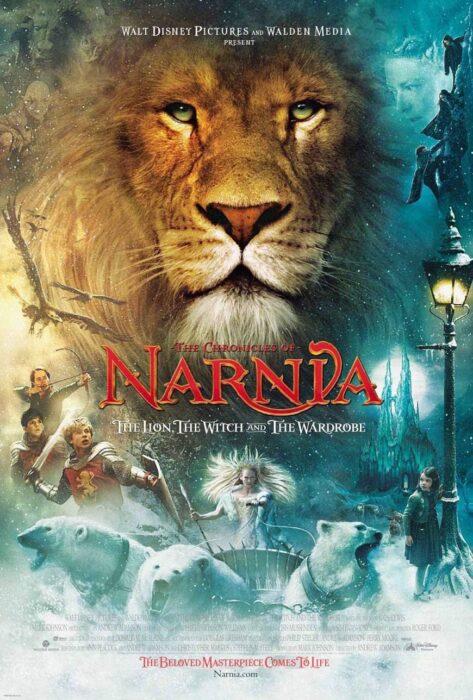
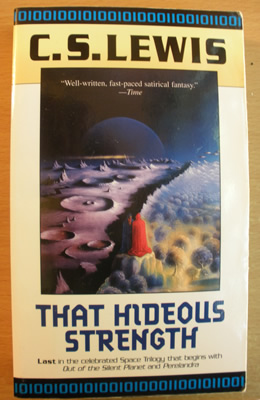
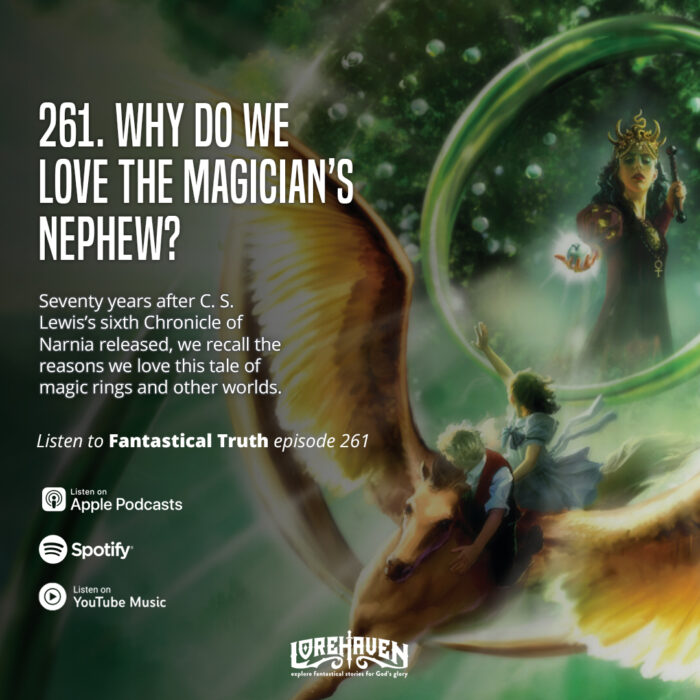
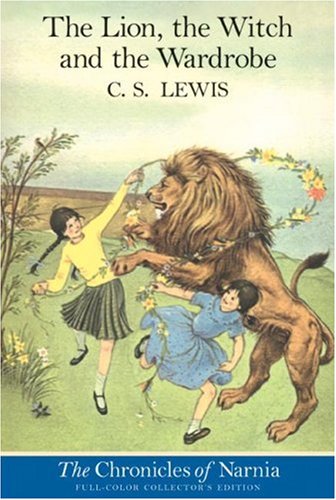
 Backstory: Geoffrey Reiter
Backstory: Geoffrey Reiter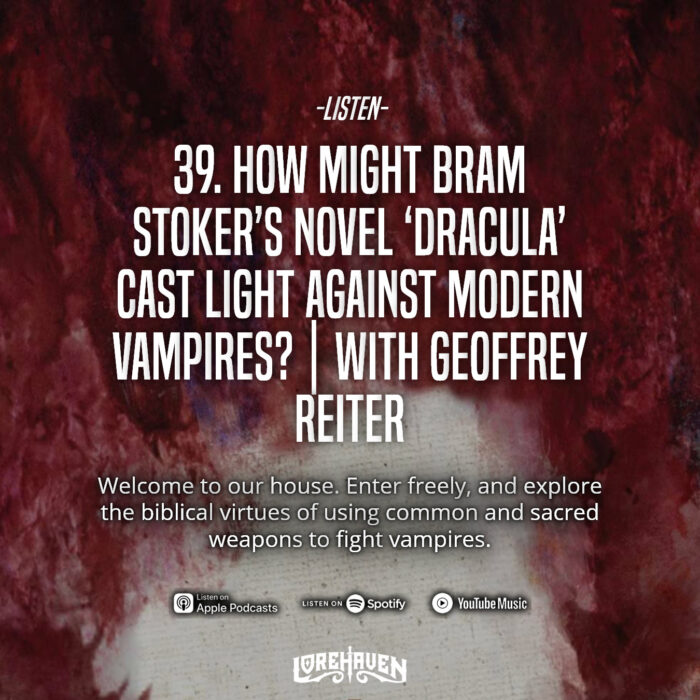
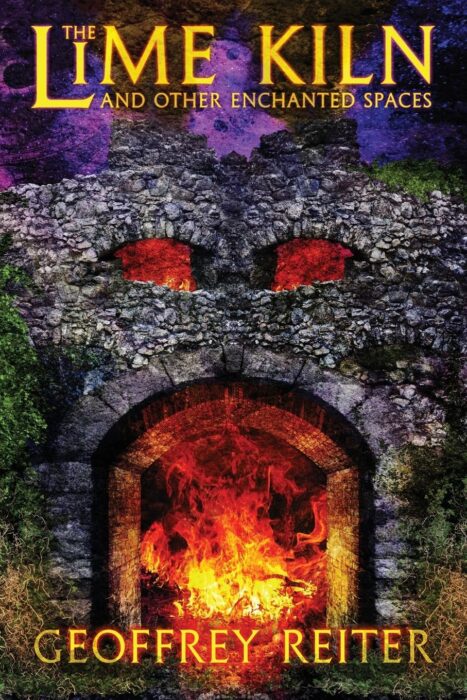 3. Defeating the monsters of The Lime Kiln
3. Defeating the monsters of The Lime Kiln
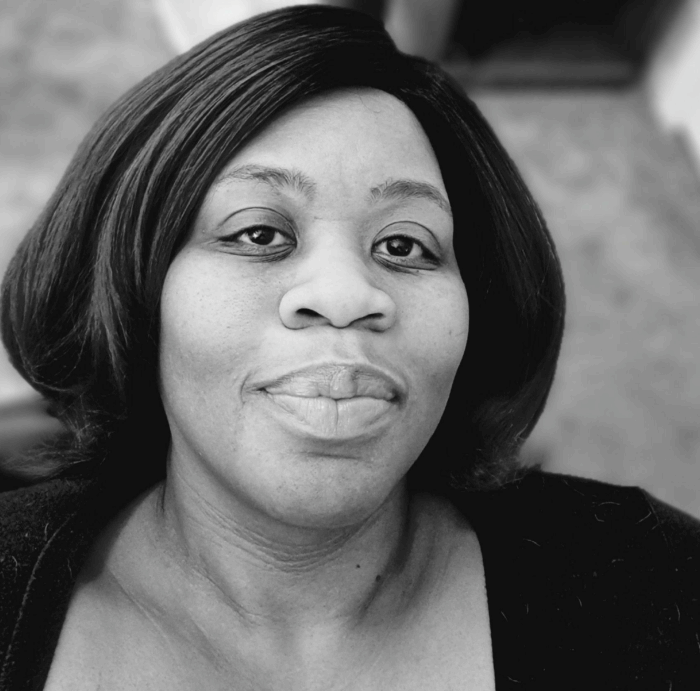 Backstory: Parker J. Cole
Backstory: Parker J. Cole Backstory: Bethel McGrew
Backstory: Bethel McGrew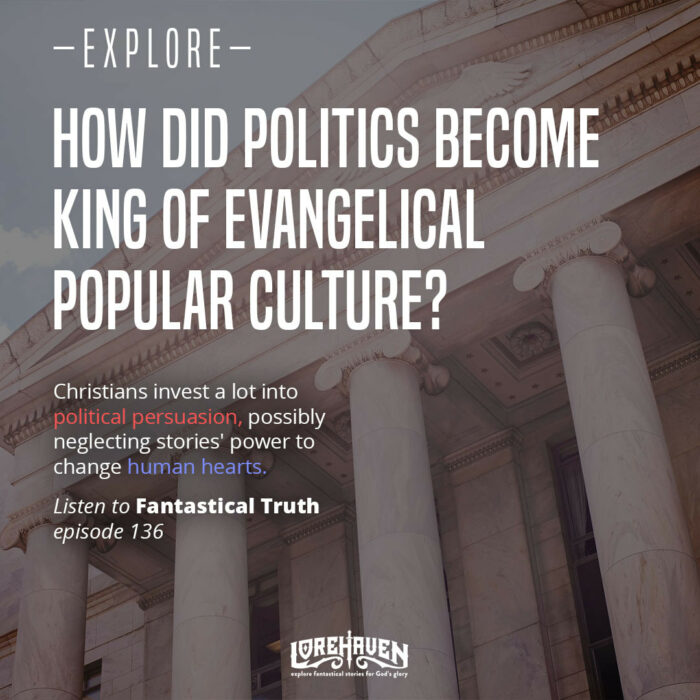

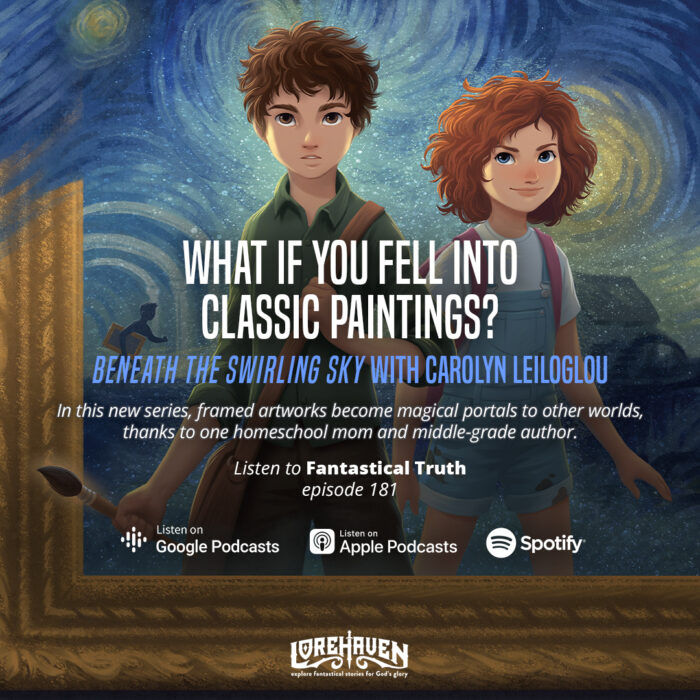
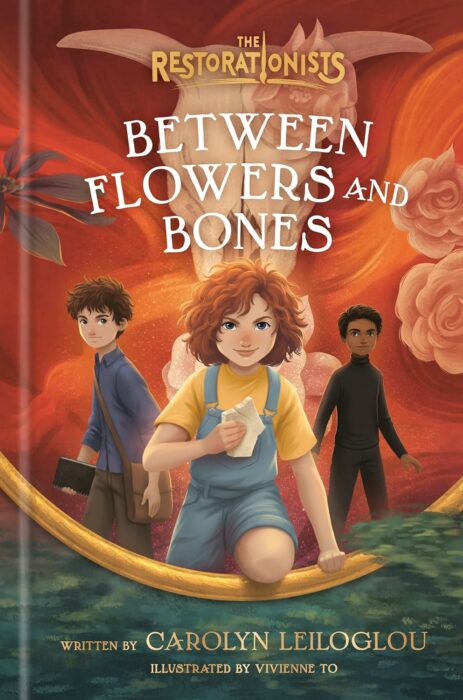 3. Creating the Restorationists fantasy series
3. Creating the Restorationists fantasy series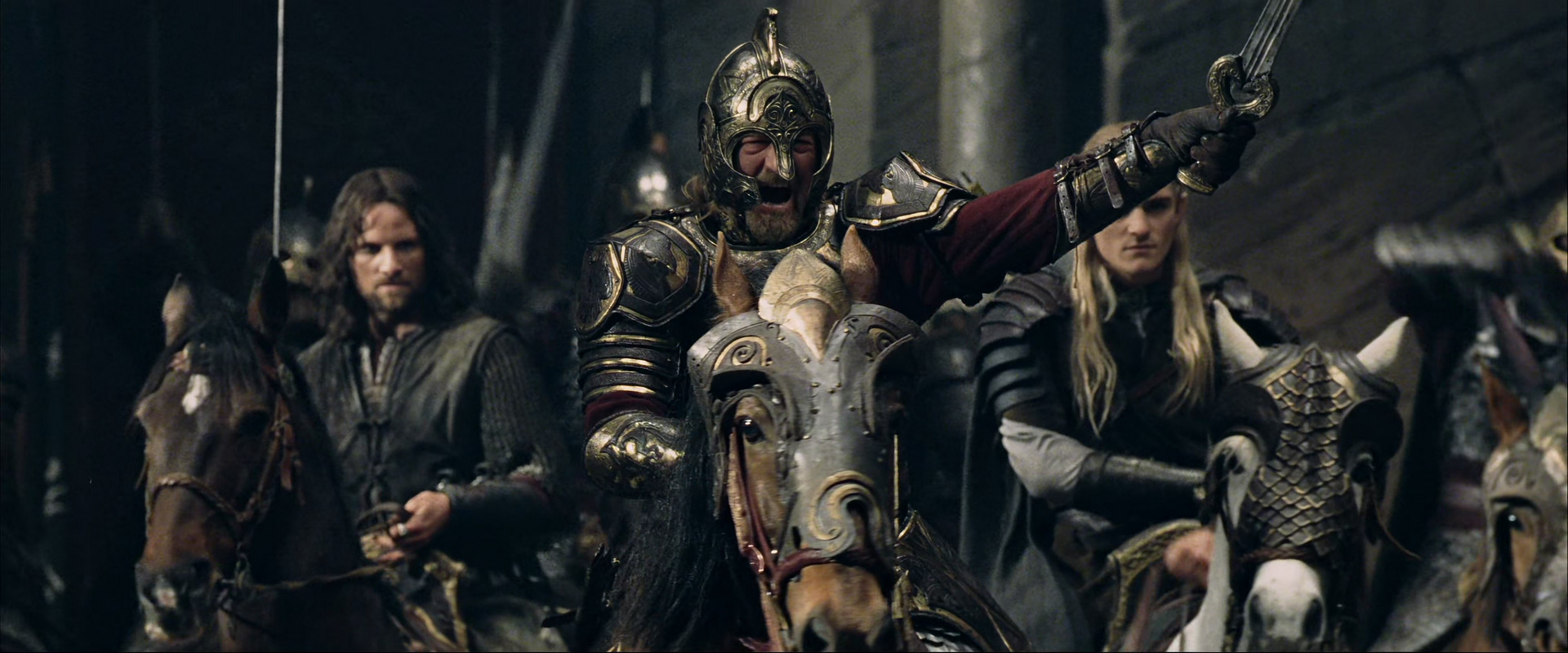
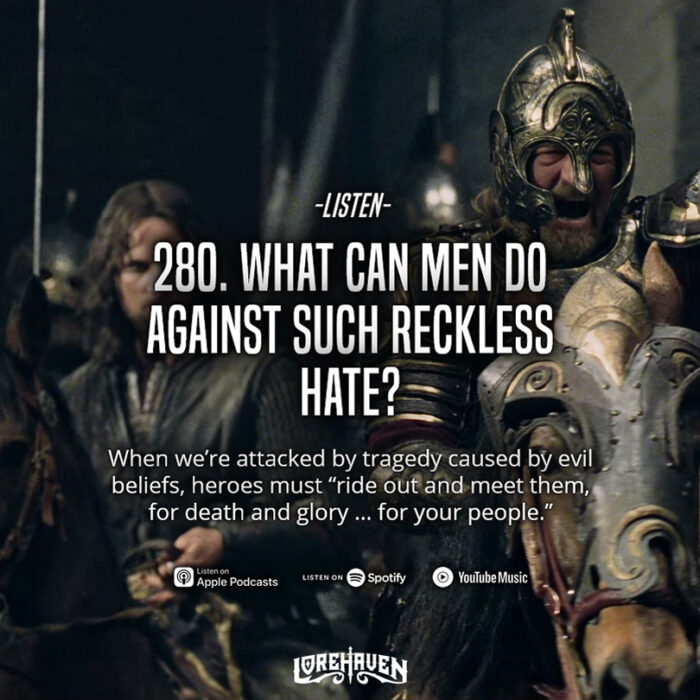 4. ‘Forth Eorlingas!’ … ‘To the King!’
4. ‘Forth Eorlingas!’ … ‘To the King!’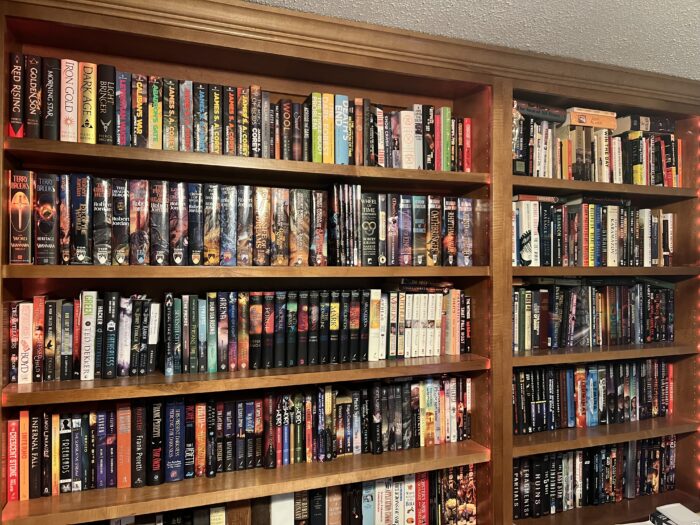
 Concession stand
Concession stand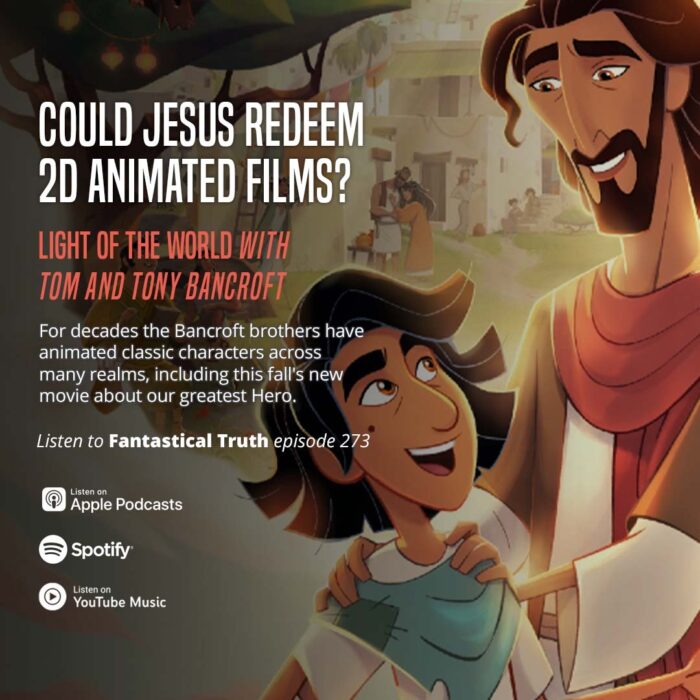
 Backstory: Tony Bancroft
Backstory: Tony Bancroft Backstory: Tom Bancroft
Backstory: Tom Bancroft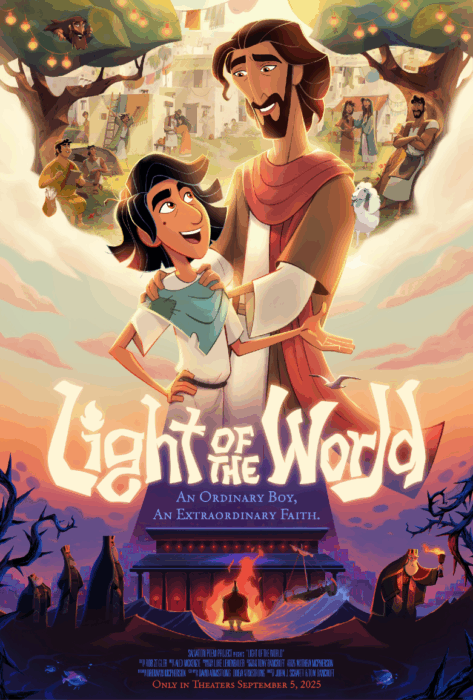 Light of the World and beyond
Light of the World and beyond Backstory: Brock Henderson
Backstory: Brock Henderson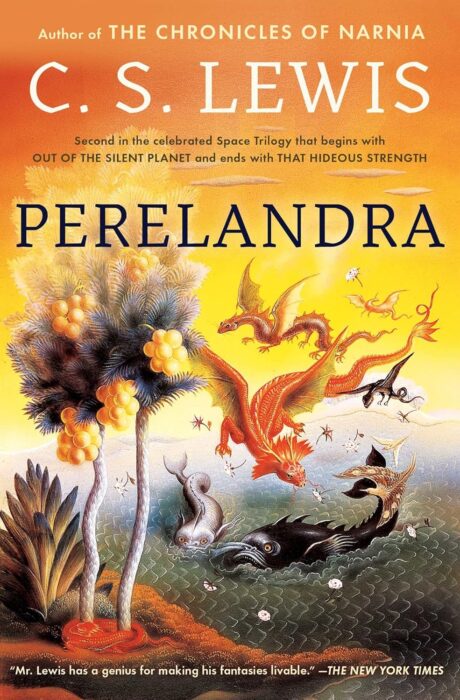
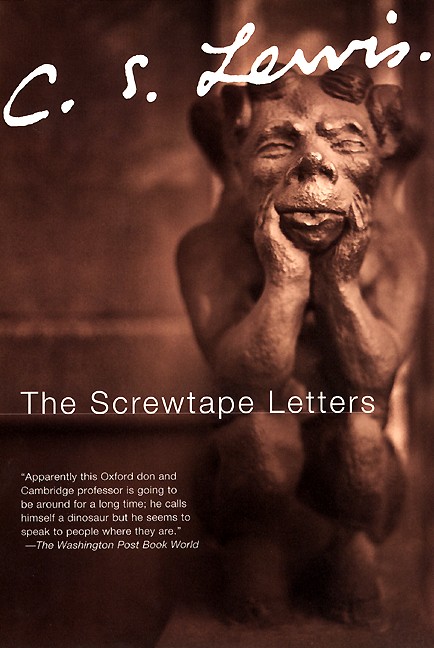
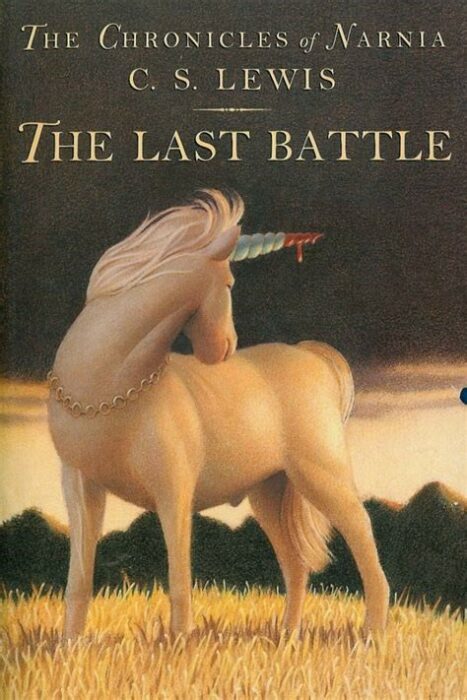
 Backstory: Marian A. Jacobs
Backstory: Marian A. Jacobs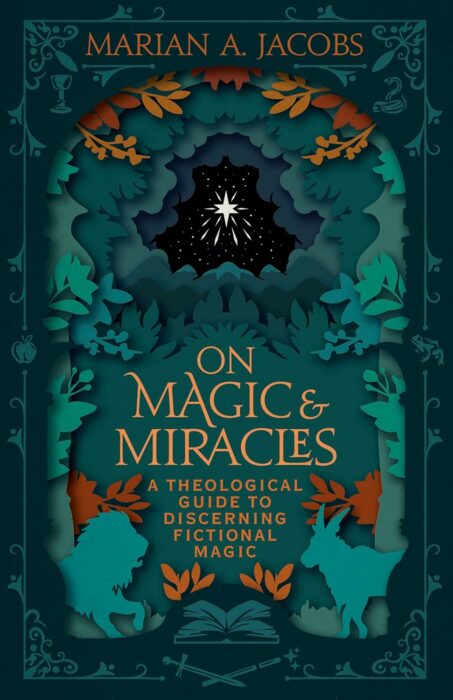
 Backstory: Perry Wilson
Backstory: Perry Wilson Backstory: Landon Hawley
Backstory: Landon Hawley Backstory: Dan Daetz
Backstory: Dan Daetz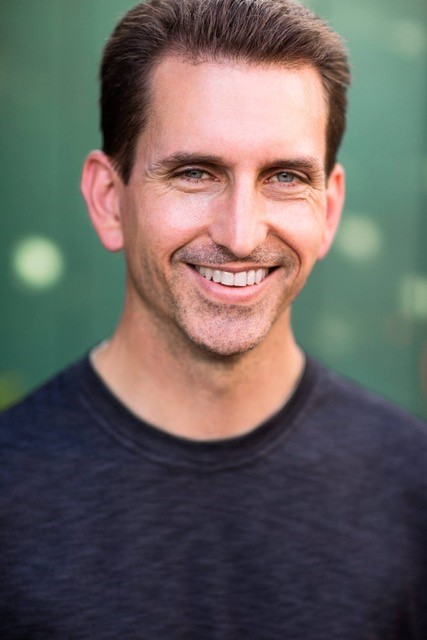
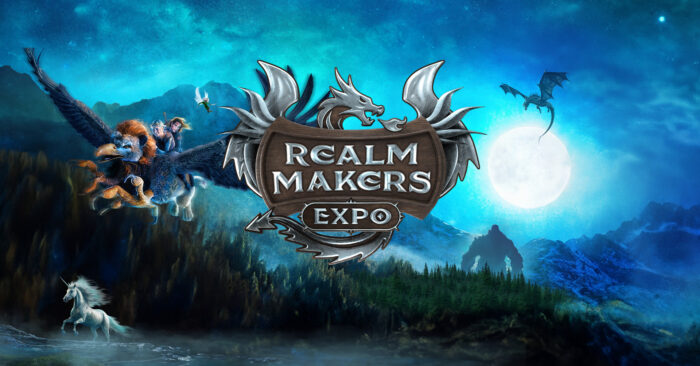

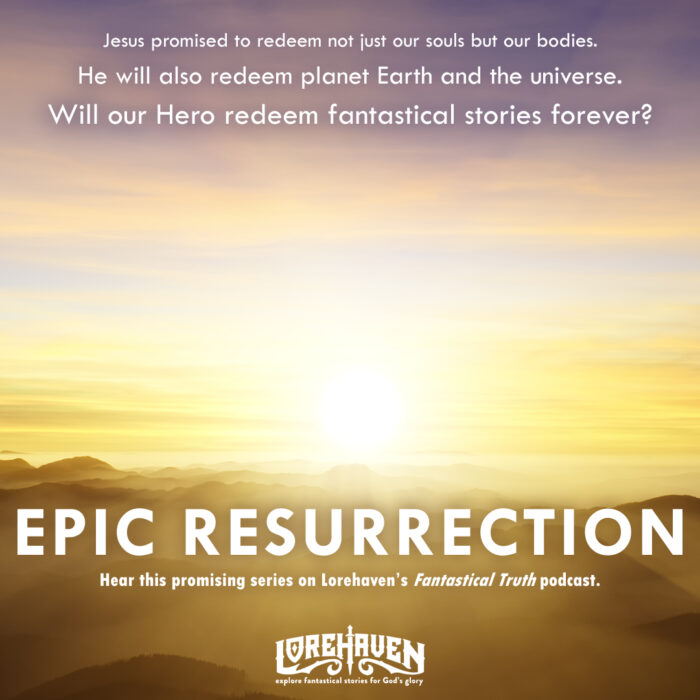
 Introducing guest Gabrielle Meyer
Introducing guest Gabrielle Meyer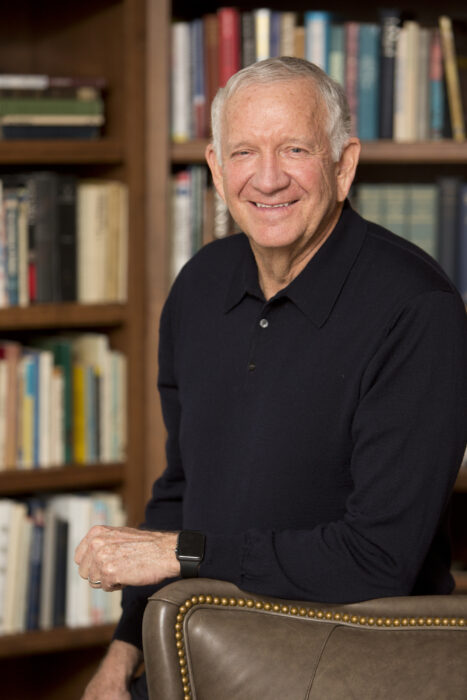 Backstory: Dr. Robert Sloan
Backstory: Dr. Robert Sloan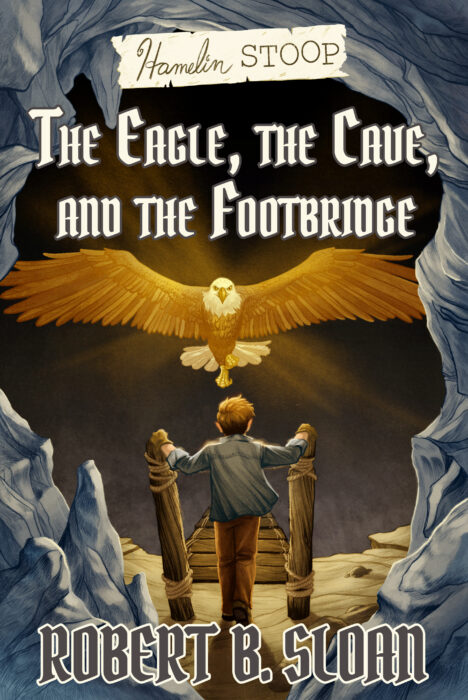
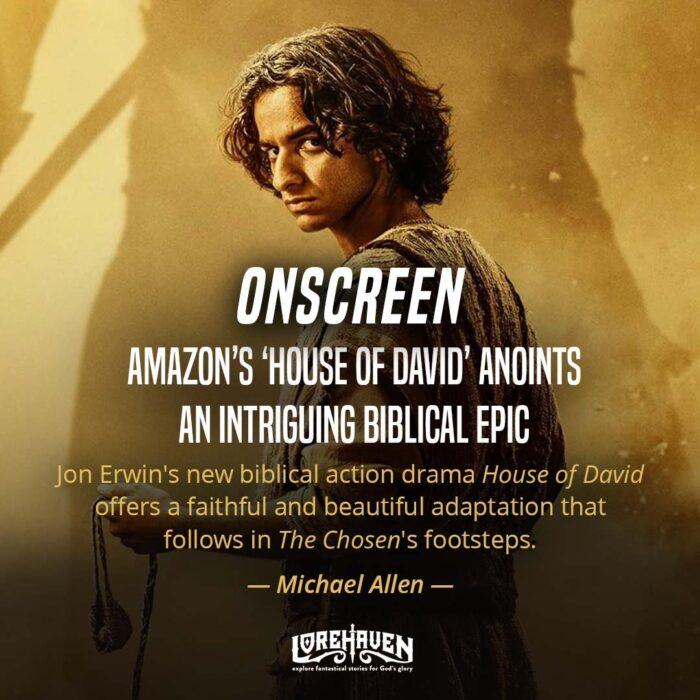
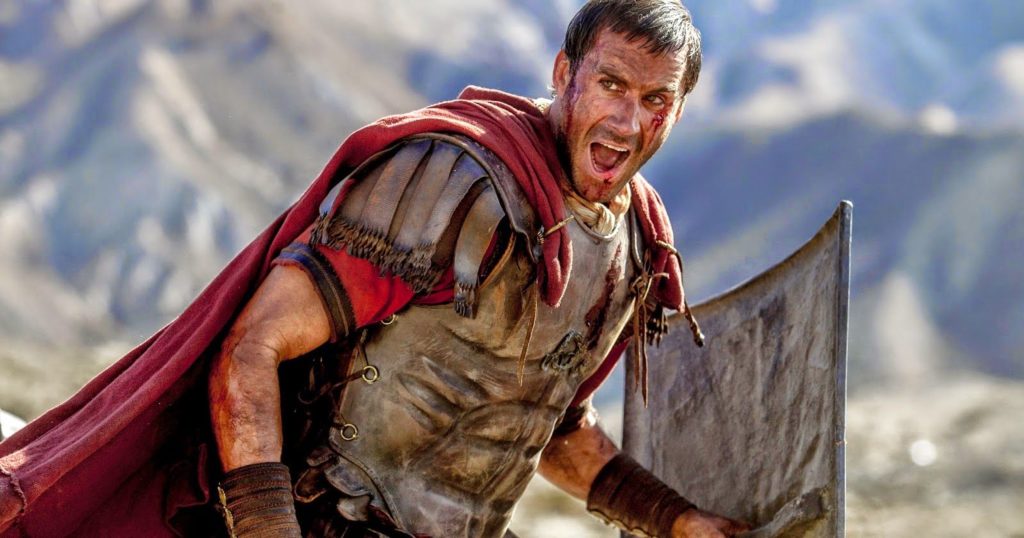
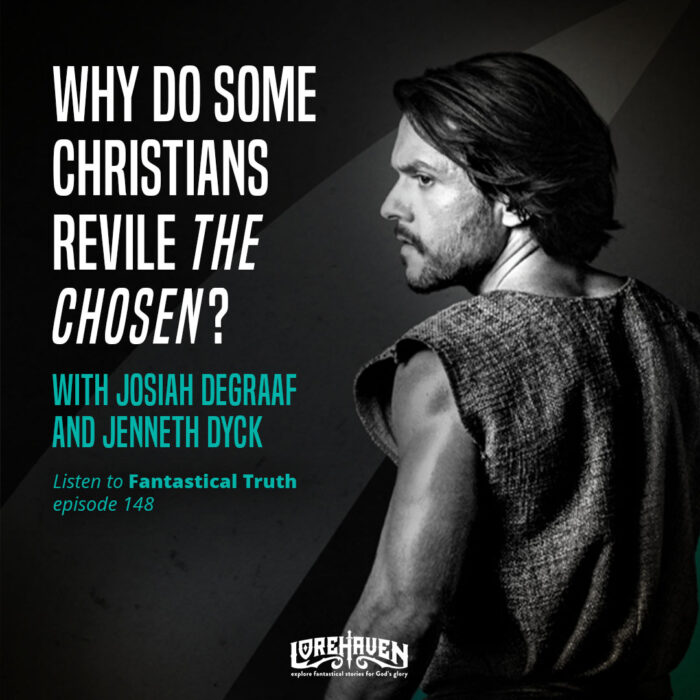
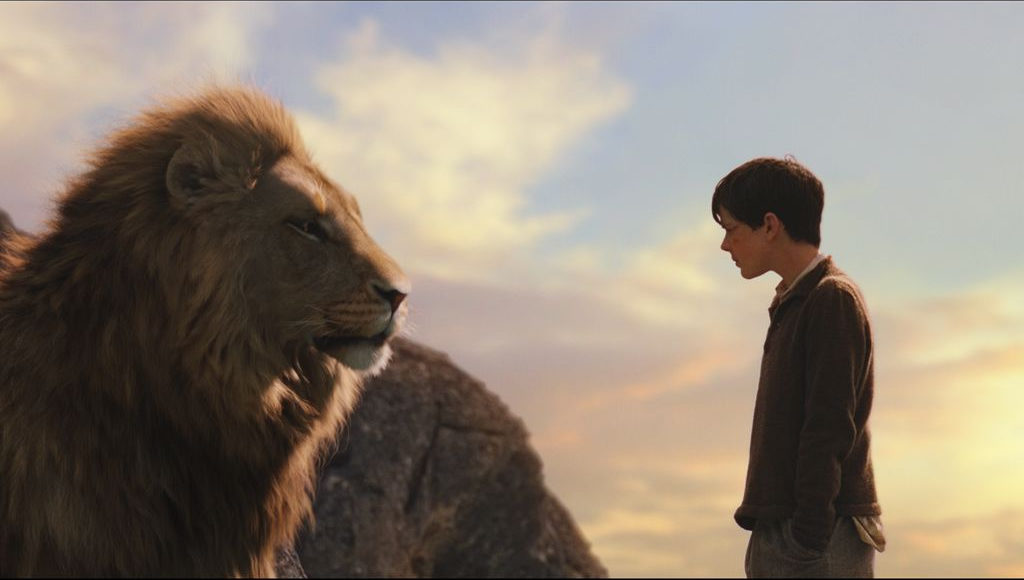
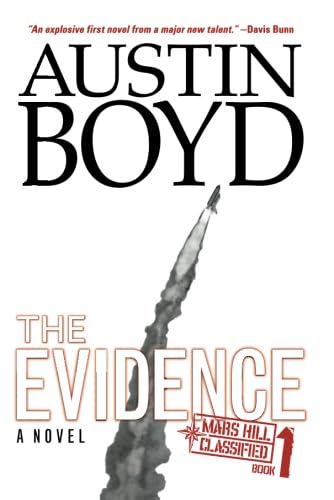
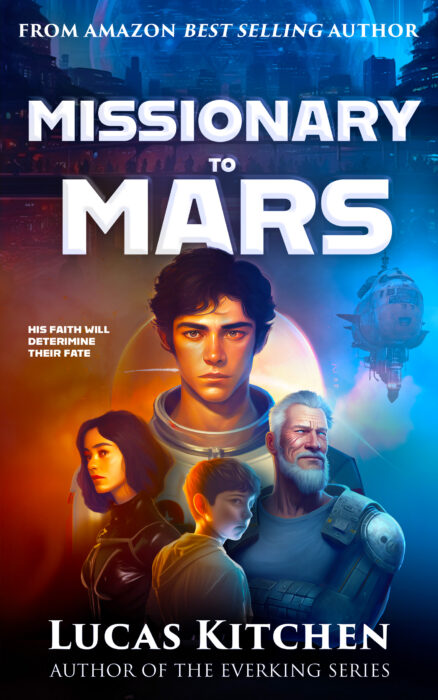 Missionary to Mars
Missionary to Mars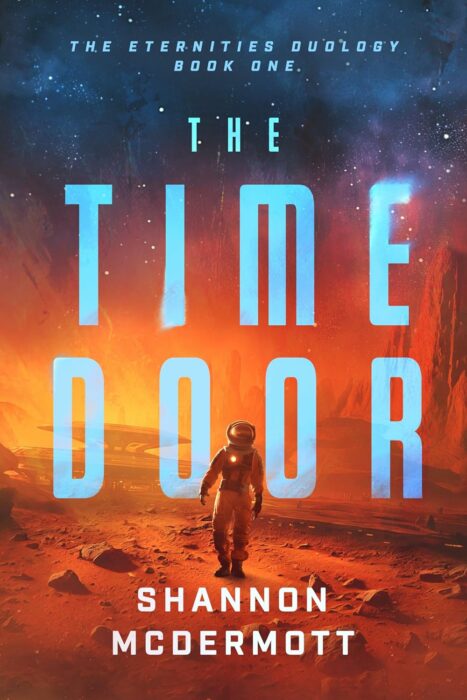
 Backstory: author Michael F. Kane
Backstory: author Michael F. Kane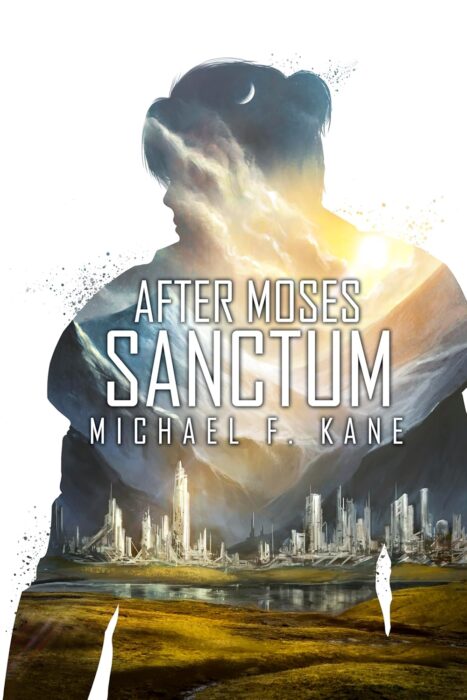
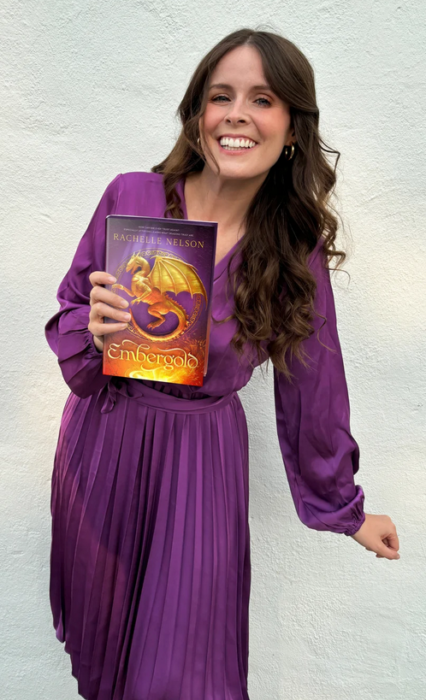 Backstory: author Rachelle Nelson
Backstory: author Rachelle Nelson Backstory: E. Stephen Burnett
Backstory: E. Stephen Burnett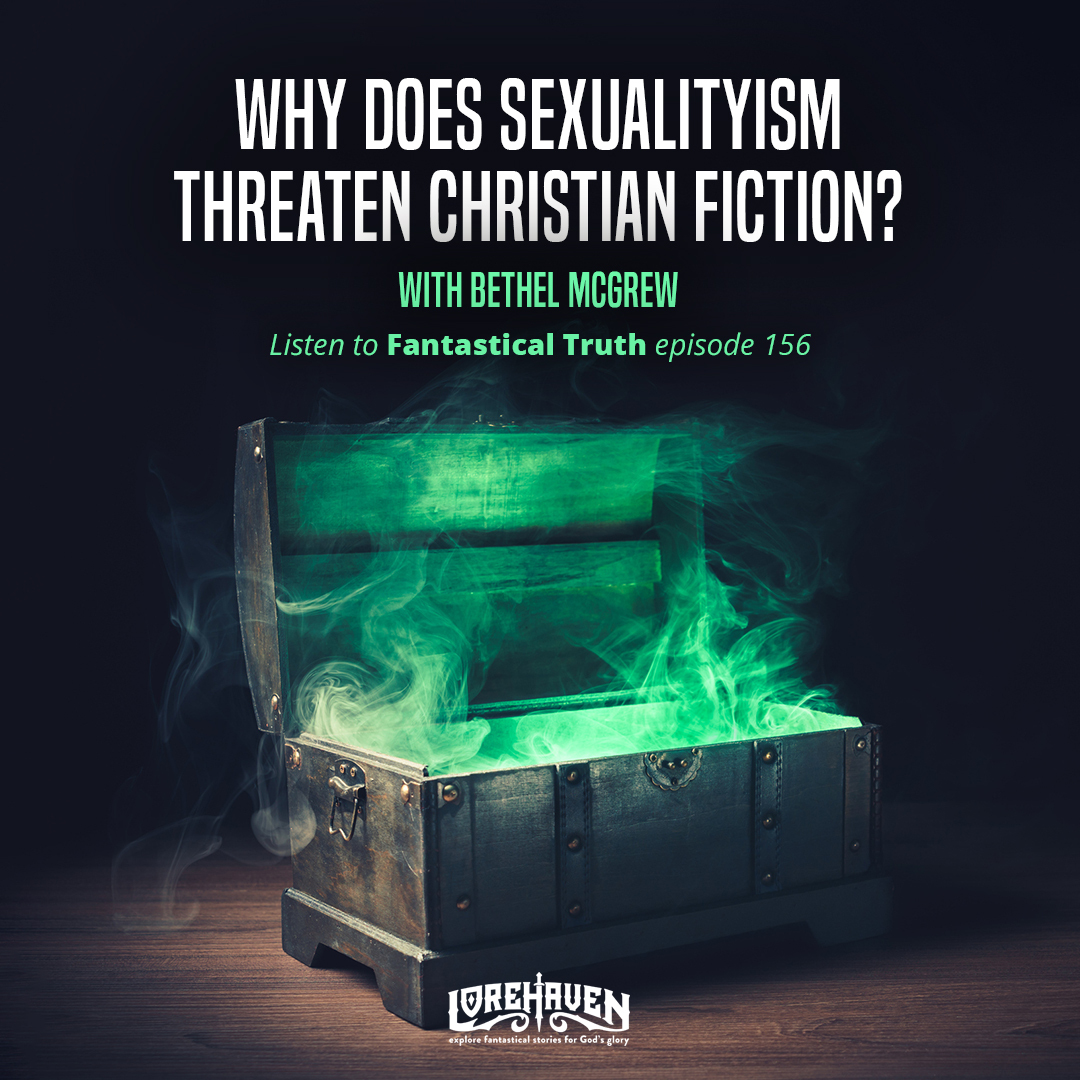
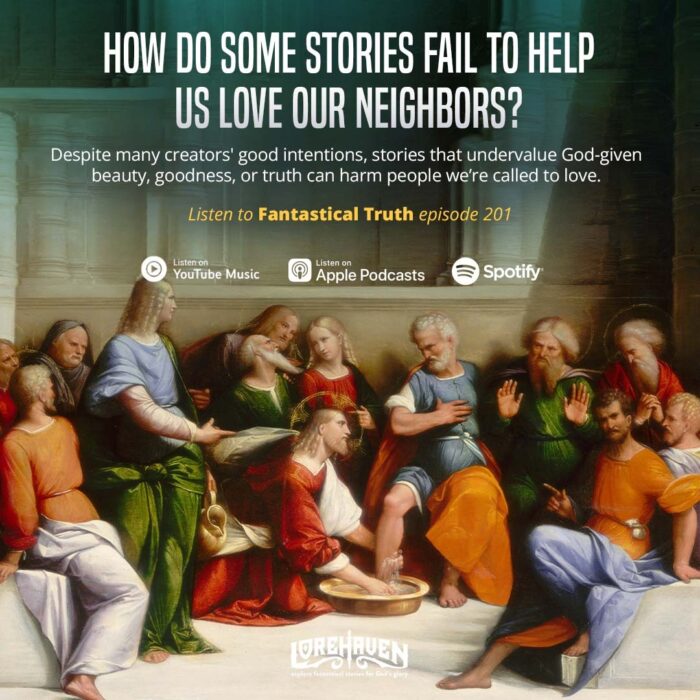
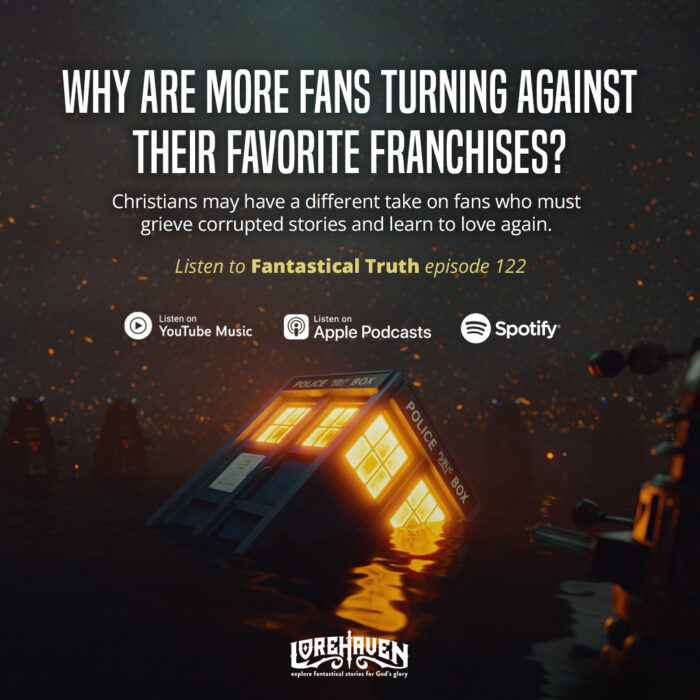

 Backstory: Daniel Schwabauer
Backstory: Daniel Schwabauer Backstory: Parker J. Cole
Backstory: Parker J. Cole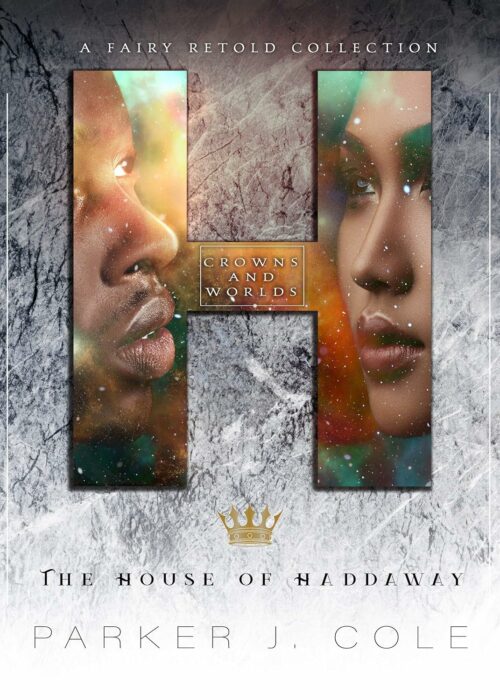

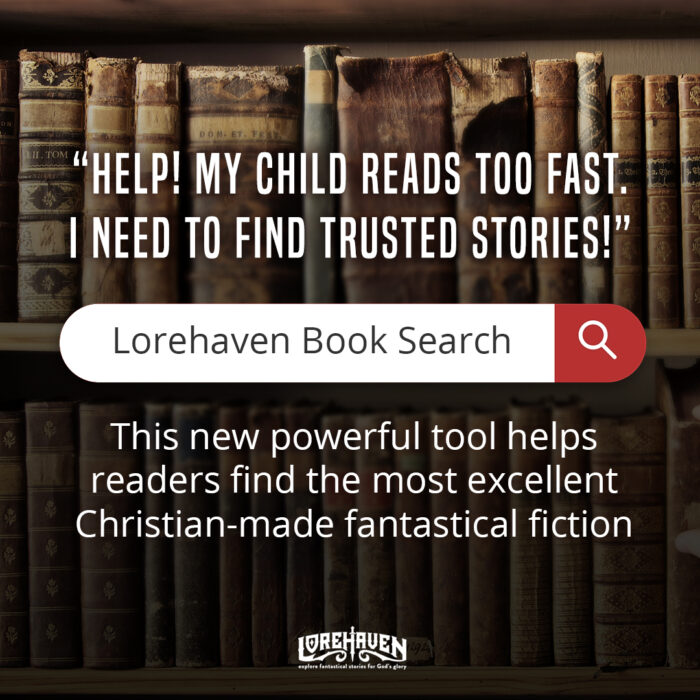

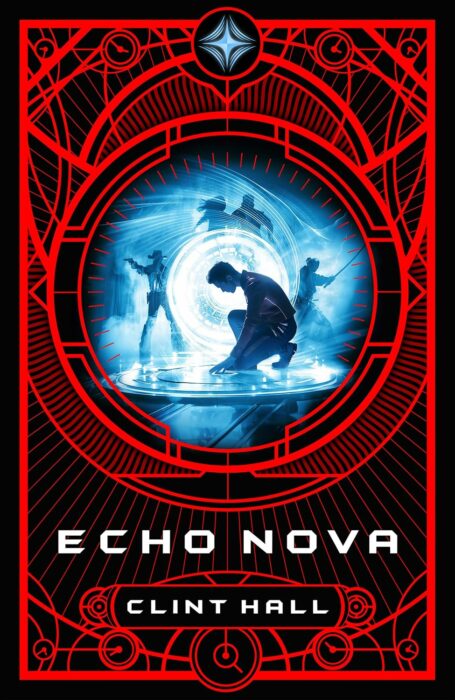
 Backstory: Jill Williamson
Backstory: Jill Williamson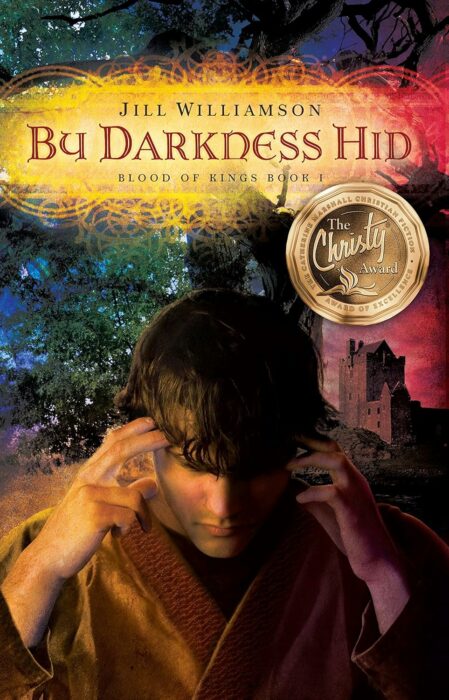
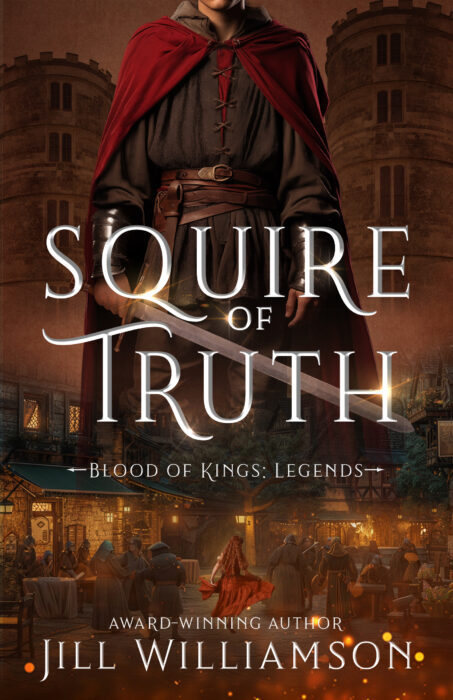
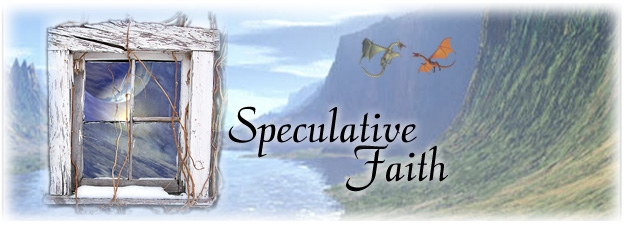
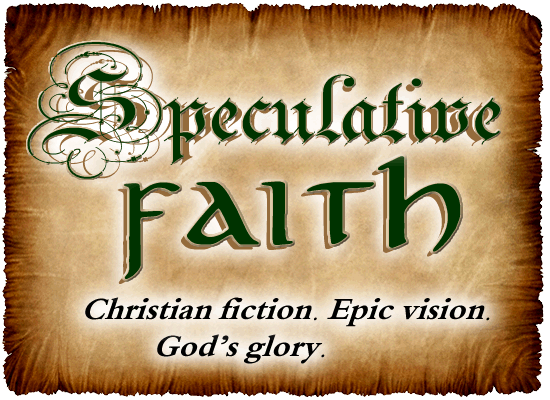
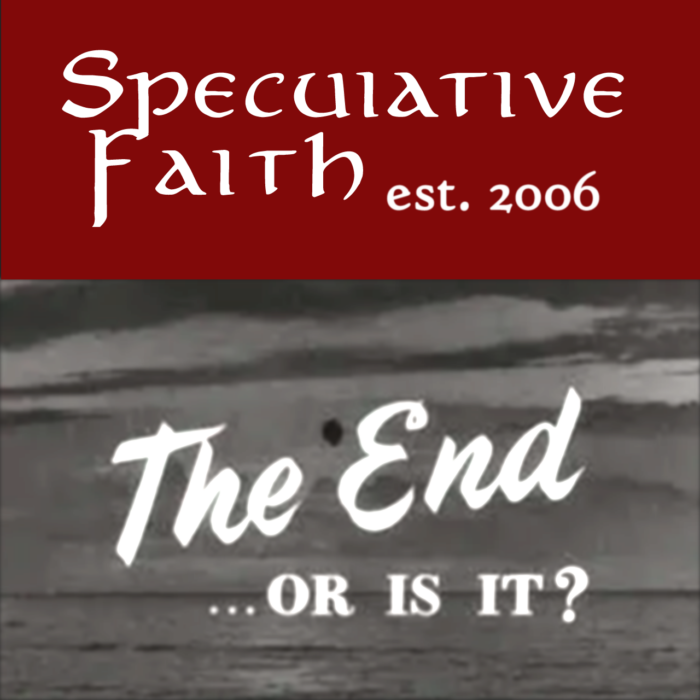 3. 2025: the legacy of Speculative Faith
3. 2025: the legacy of Speculative Faith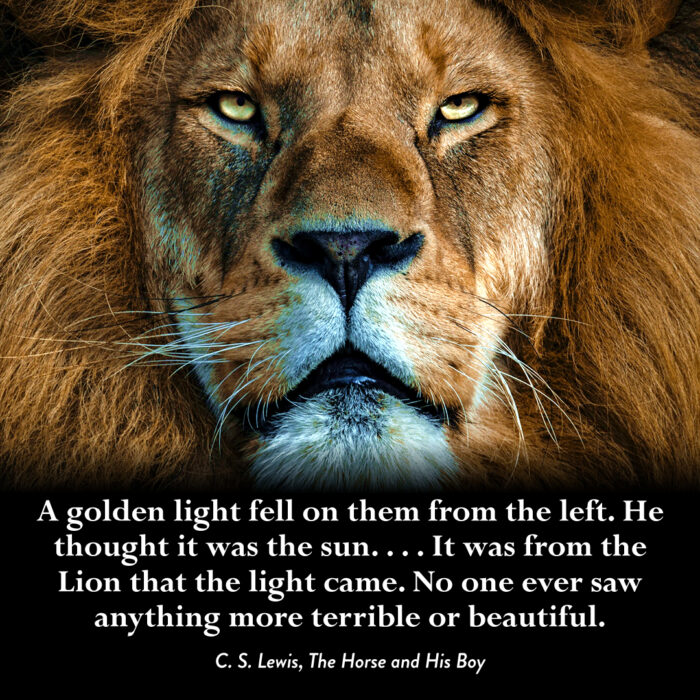 3.
3. 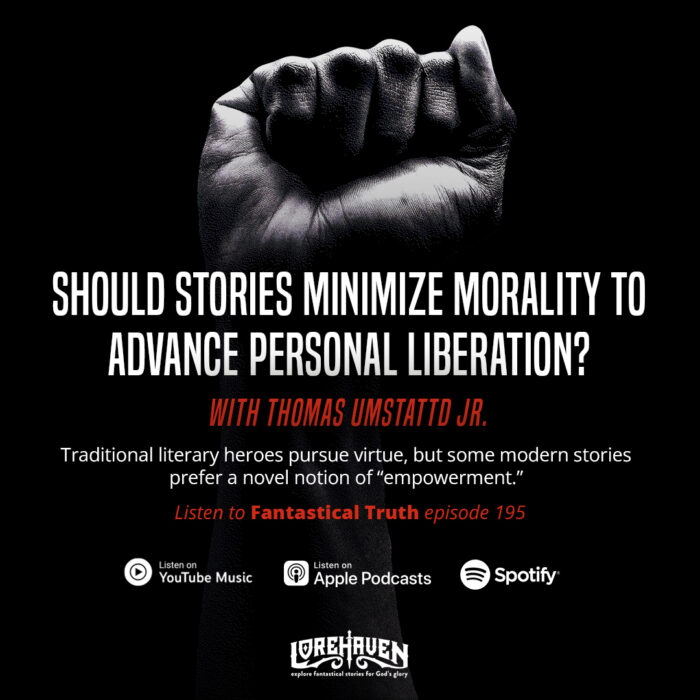

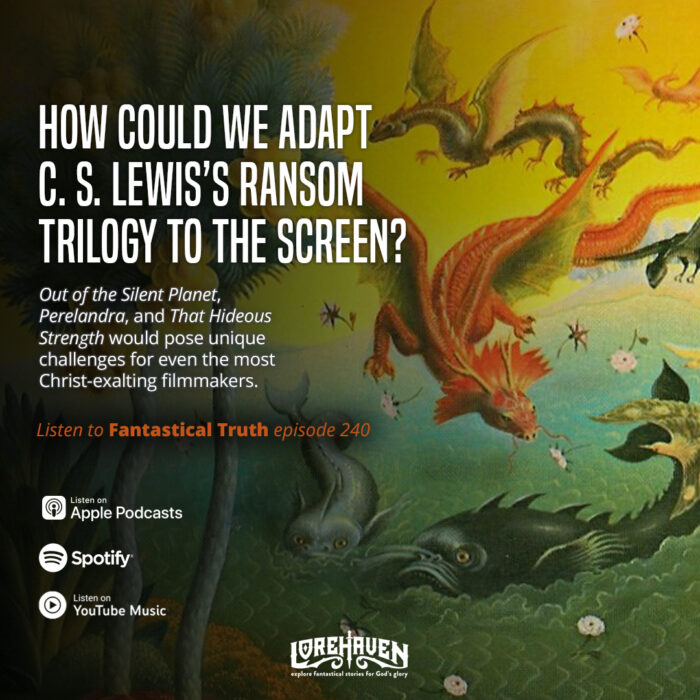
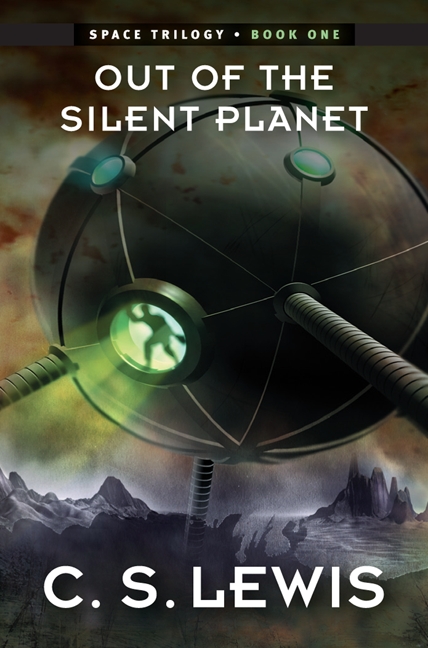
 Introducing guest Ryan Swanson
Introducing guest Ryan Swanson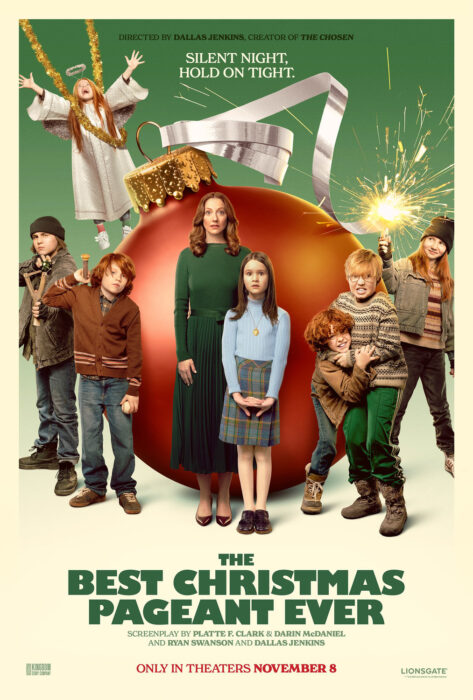
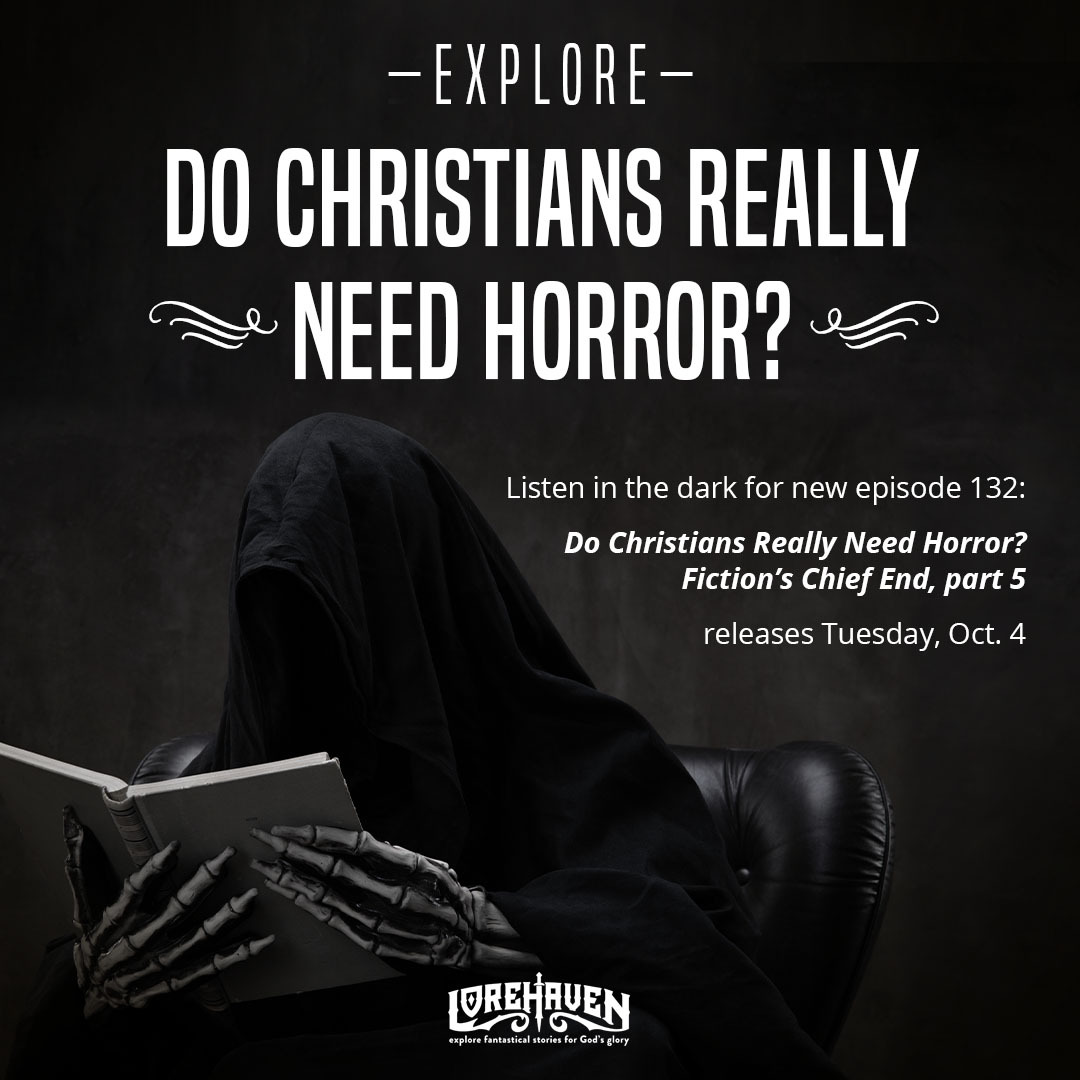
 Introducing guest Mike Duran
Introducing guest Mike Duran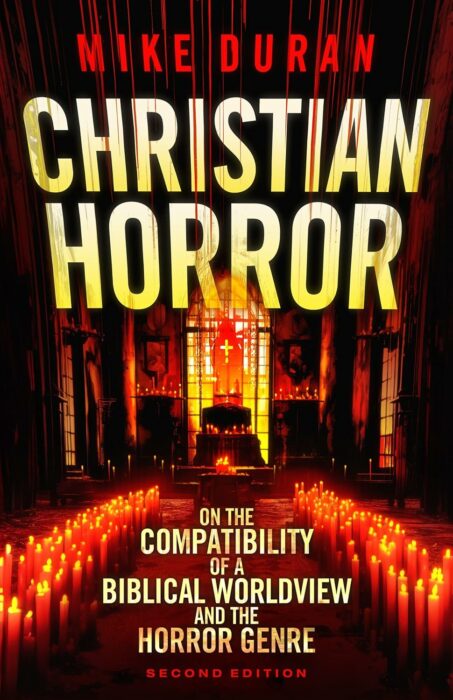
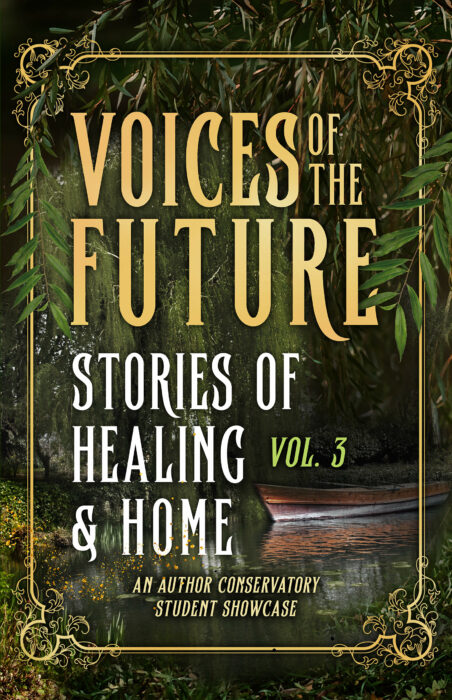

 Introducing guest Brett Harris
Introducing guest Brett Harris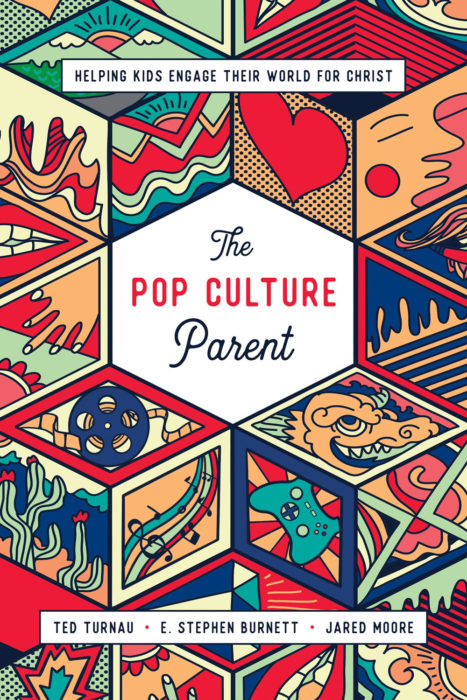
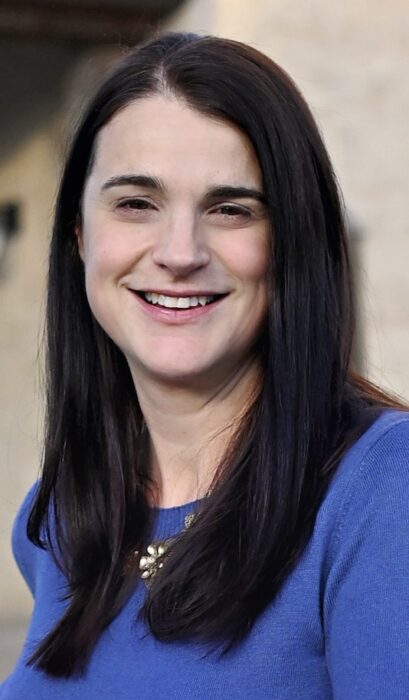 Introducing guest Helen Dent
Introducing guest Helen Dent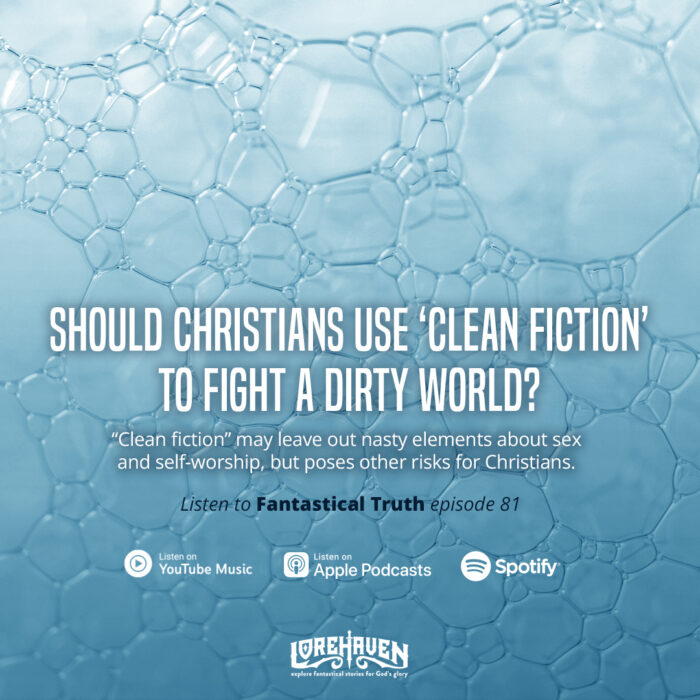
 Introducing guest Brian Penn
Introducing guest Brian Penn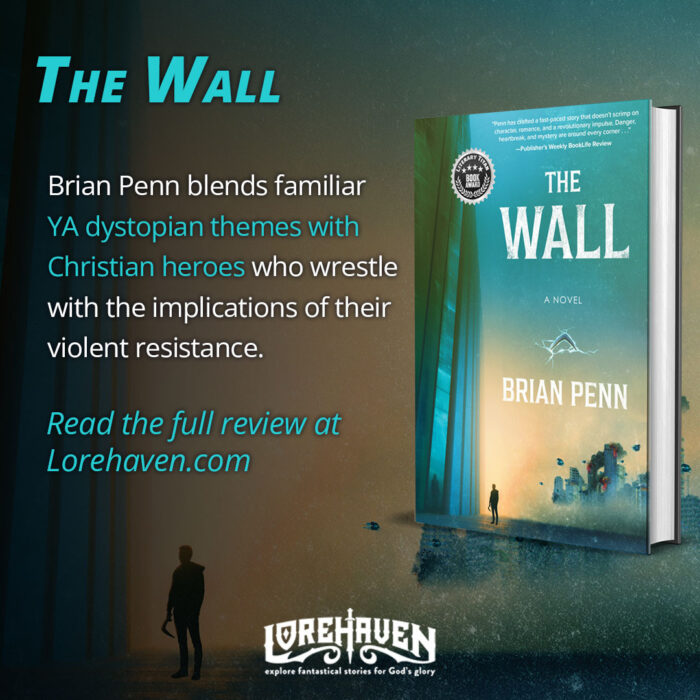
 Introducing guest Dr. Sarah Salviander
Introducing guest Dr. Sarah Salviander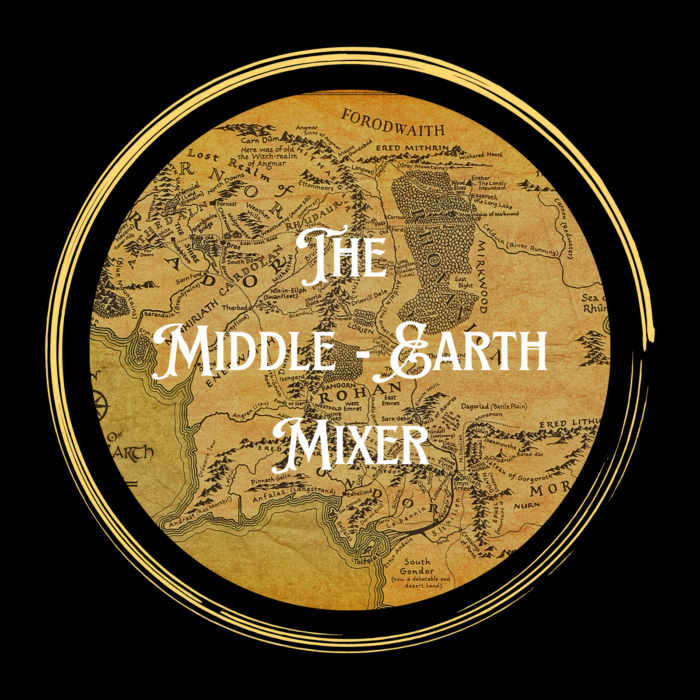

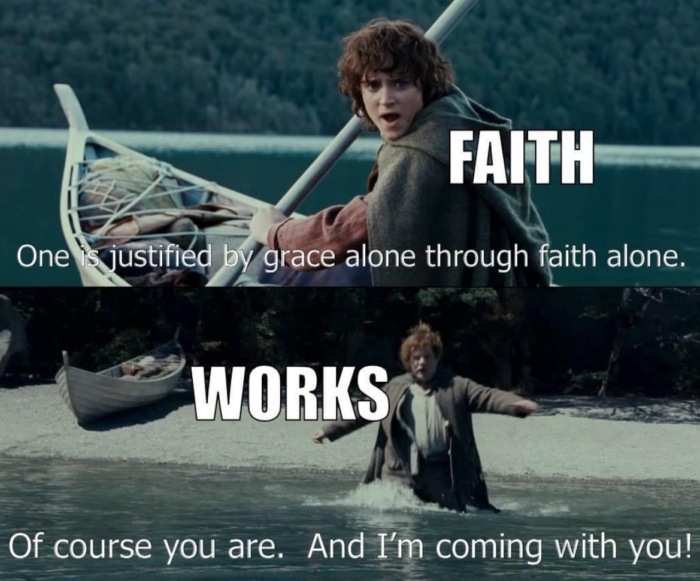
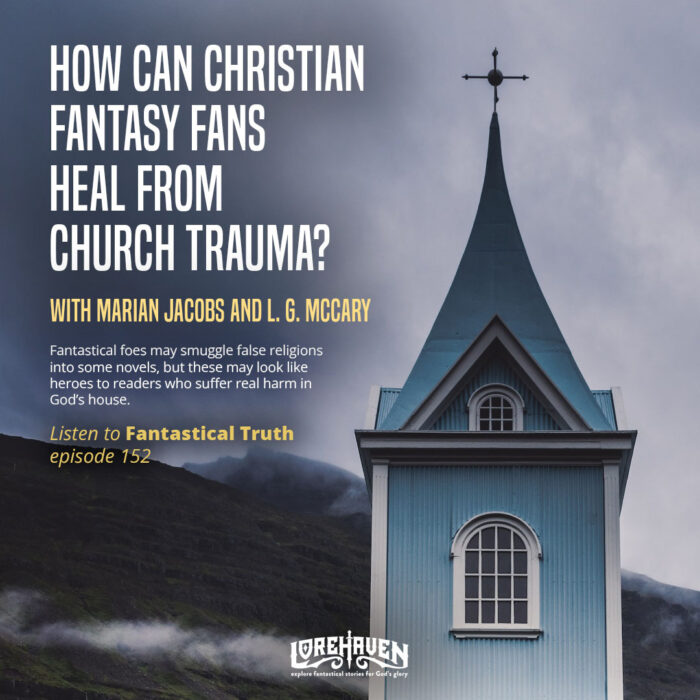
 Introducing guest Nadine Brandes
Introducing guest Nadine Brandes Introducing guest Jerry Jenkins
Introducing guest Jerry Jenkins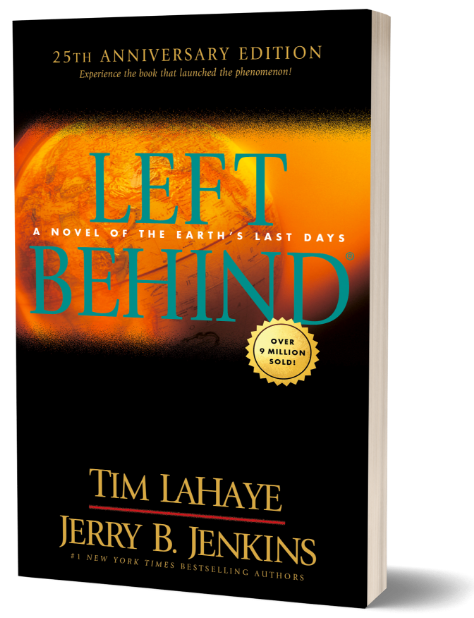 2. Mid-LB: from end-time thrillers to rapturous sales
2. Mid-LB: from end-time thrillers to rapturous sales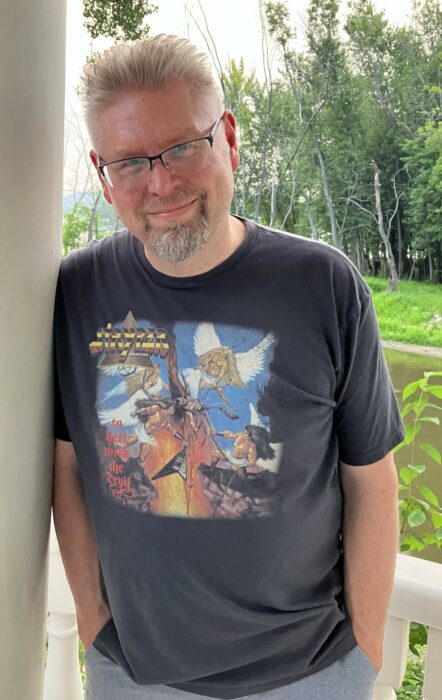 Introducing guest Darby Kern
Introducing guest Darby Kern
 Introducing guest Todd Busteed
Introducing guest Todd Busteed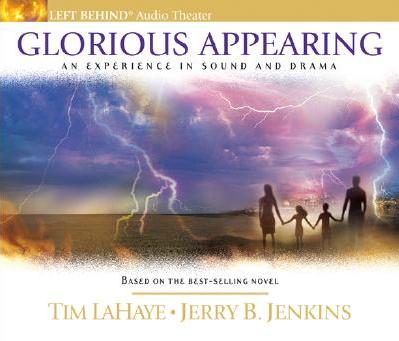
 Introducing guest Chris Fabry
Introducing guest Chris Fabry Introducing guest Dan Balow
Introducing guest Dan Balow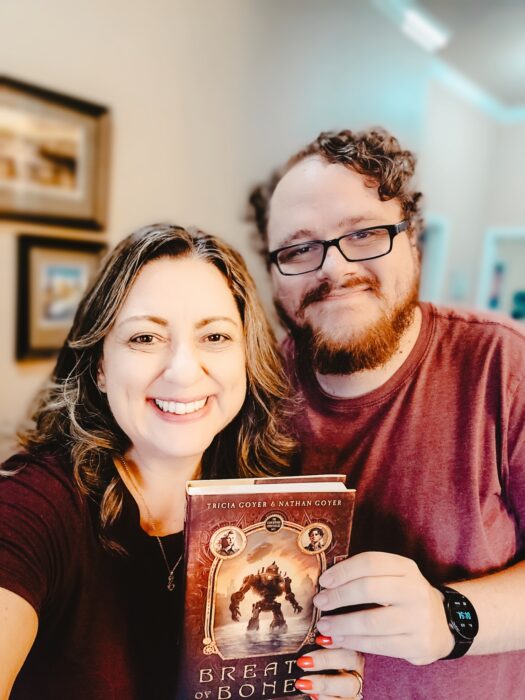

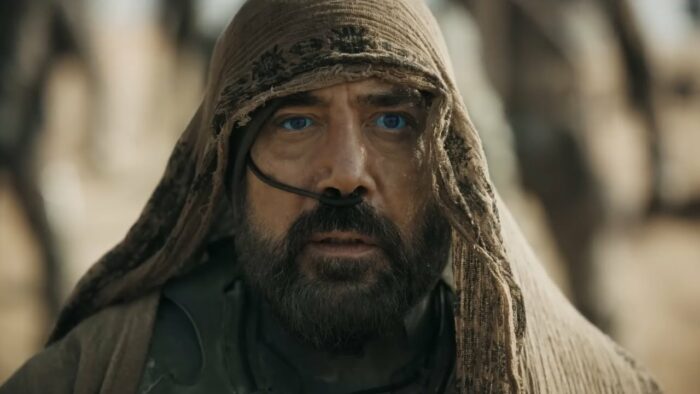 3. Memes make corporations envious for ‘virality’
3. Memes make corporations envious for ‘virality’ A fan of gaming, comic books, sci-fi and fantasy since childhood, Paeter Frandsen is the owner and chief content creator of
A fan of gaming, comic books, sci-fi and fantasy since childhood, Paeter Frandsen is the owner and chief content creator of  Cap Stewart is a contributing writer to the nonfiction book
Cap Stewart is a contributing writer to the nonfiction book  Introducing guest J. J. Johnson
Introducing guest J. J. Johnson
 Introducing guest Noah Stratton
Introducing guest Noah Stratton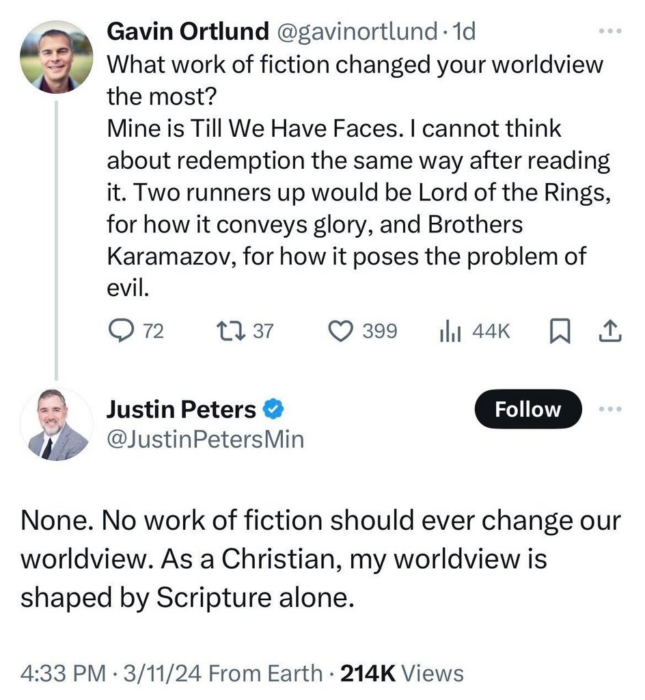 2. Ask if the critic knows fiction is part of real life.
2. Ask if the critic knows fiction is part of real life.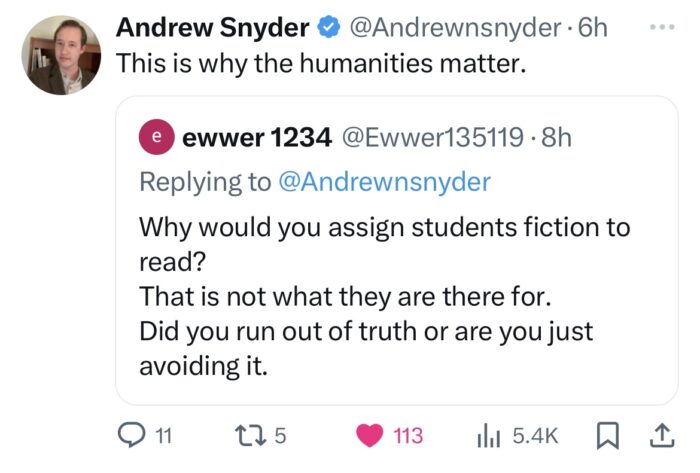 3. Ask if critics understand the purpose of fiction.
3. Ask if critics understand the purpose of fiction.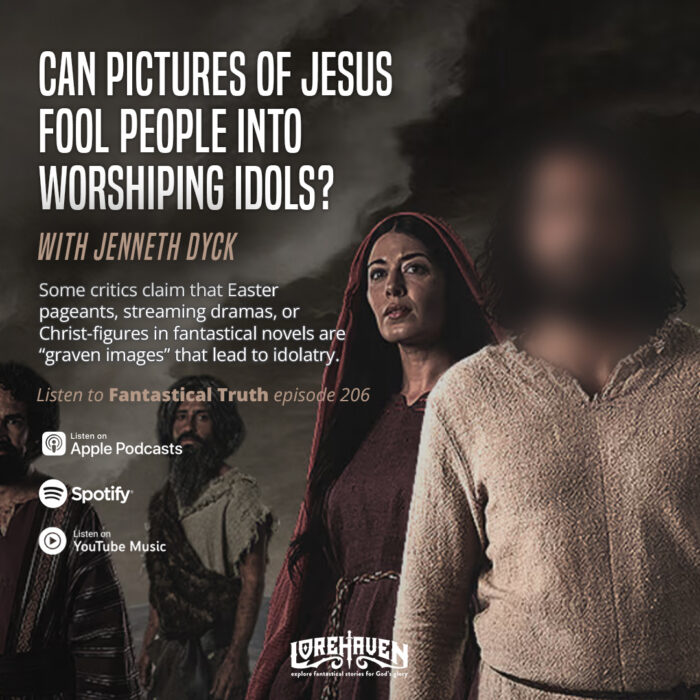
 Introducing guest Jenneth Dyck
Introducing guest Jenneth Dyck Introducing guest
Introducing guest  Introducing guest Laurie Christine
Introducing guest Laurie Christine Introducing guest Josh Shepherd
Introducing guest Josh Shepherd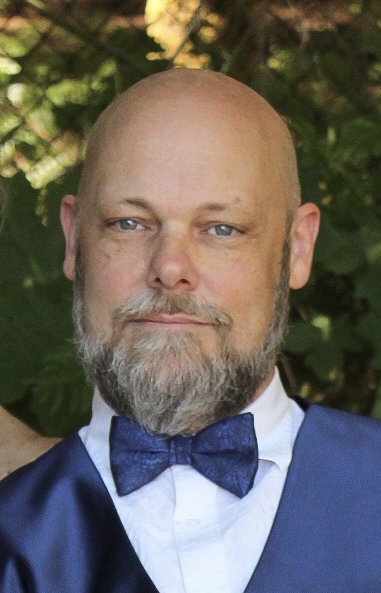 Introducing guest Chris Skaggs
Introducing guest Chris Skaggs Introducing guest Jamie Foley
Introducing guest Jamie Foley Reintroducing guest Thomas Umstattd Jr.
Reintroducing guest Thomas Umstattd Jr.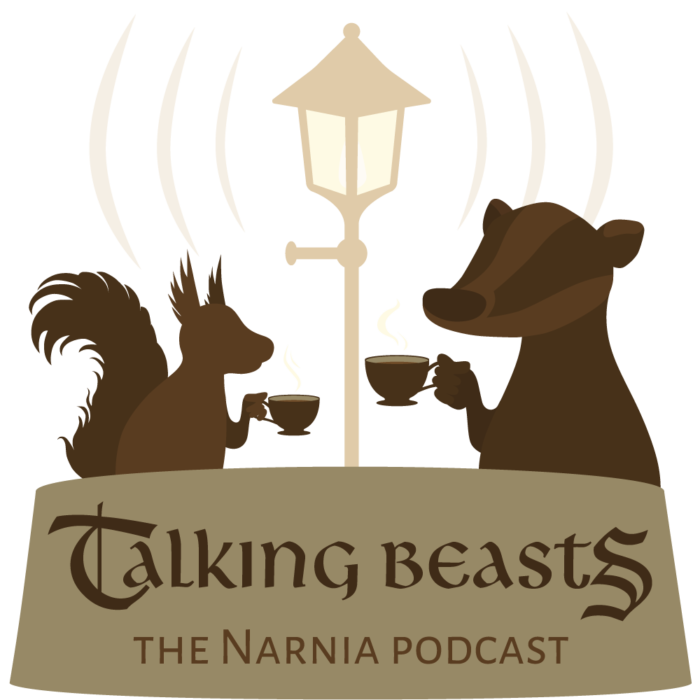
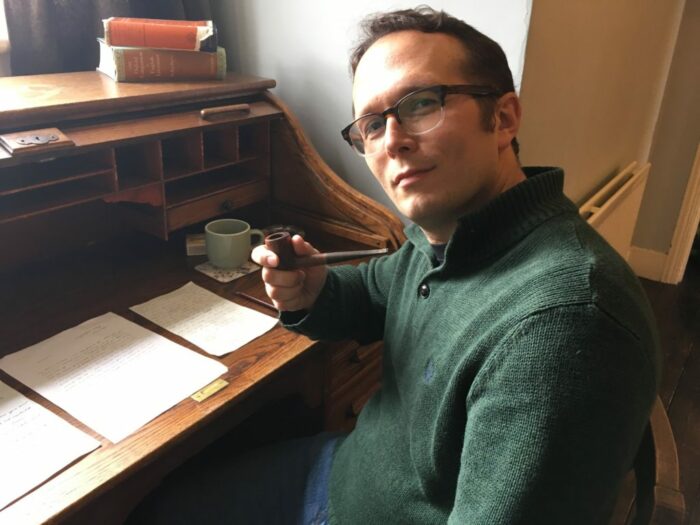 Introducing guest David Bates
Introducing guest David Bates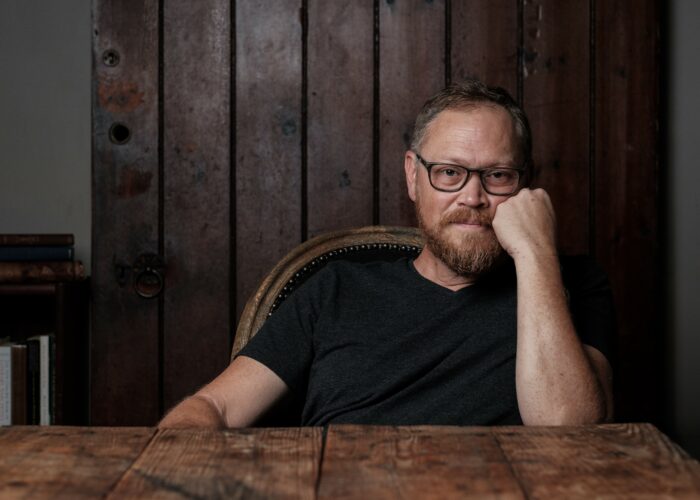 Introducing singer/storyteller Andrew Peterson
Introducing singer/storyteller Andrew Peterson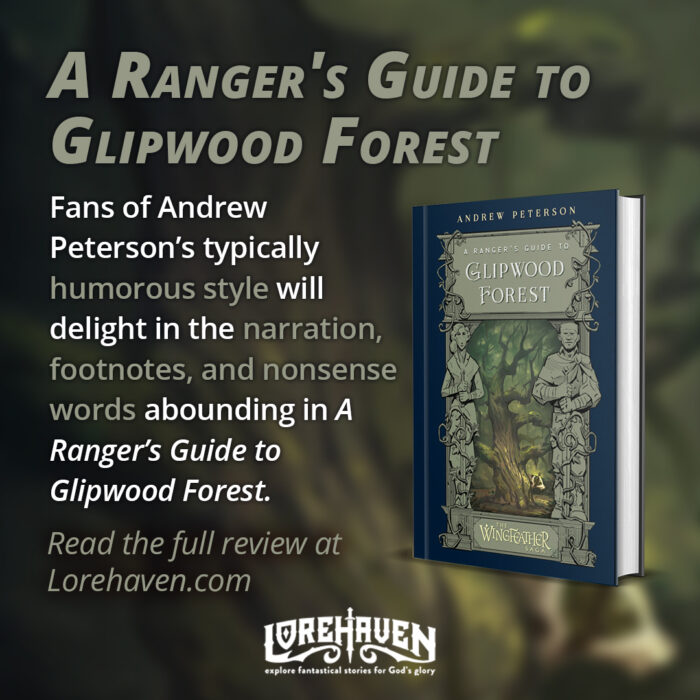
 Reintroducing guest
Reintroducing guest  Introducing author and pastor Marc Schooley
Introducing author and pastor Marc Schooley
 Introducing guest Sara Ella
Introducing guest Sara Ella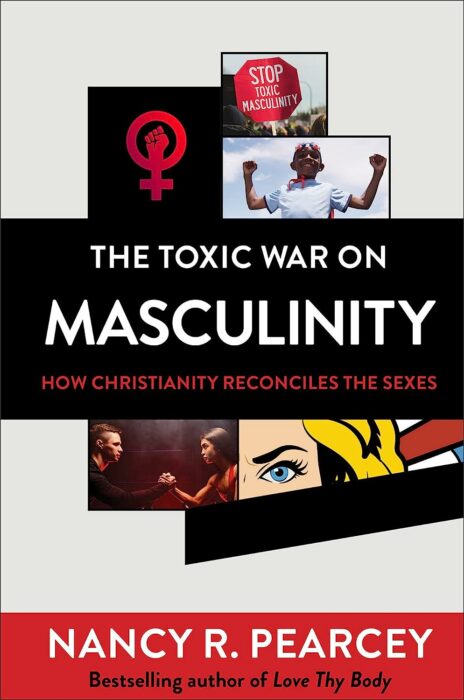
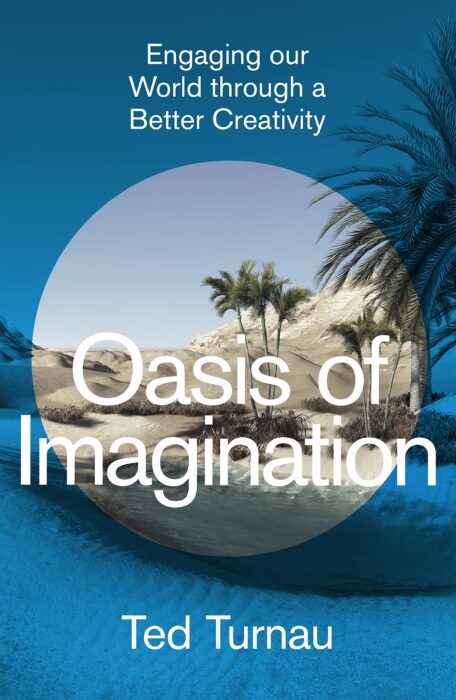 Our great and creative God has called every person to create stuff using his stuff. But as we know, many Christian leaders and churches have gotten busy or really ignorant. They don’t heed our sovereign Creator’s call to lead a rich imaginative life for the common good in our world. How can we cultivate this vital mission? Ted Turnau, author of Popologetics and coauthor of The Pop Culture Parent (with Stephen), has a new big book out:
Our great and creative God has called every person to create stuff using his stuff. But as we know, many Christian leaders and churches have gotten busy or really ignorant. They don’t heed our sovereign Creator’s call to lead a rich imaginative life for the common good in our world. How can we cultivate this vital mission? Ted Turnau, author of Popologetics and coauthor of The Pop Culture Parent (with Stephen), has a new big book out:  Introducing guest Ted Turnau
Introducing guest Ted Turnau Reintroducing guest Phil Lollar
Reintroducing guest Phil Lollar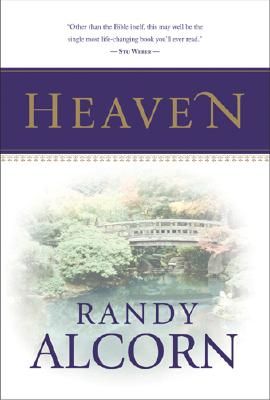 Just as we can look forward to cultural endeavors such as art, drama, and music on the New Earth, we can assume that we’ll also enjoy sports there. According to the principle of continuity, we should expect the New Earth to be characterized by familiar, earthly (though uncorrupted) things. Scripture compares the Christian life to athletic competitions (1 Corinthians 9:24, 27; 2 Timothy 2:5). Because sports aren’t inherently sinful, we have every reason to believe that the same activities, games, skills, and interests we enjoy here will be available on the New Earth, with many new ones we haven’t thought of. …
Just as we can look forward to cultural endeavors such as art, drama, and music on the New Earth, we can assume that we’ll also enjoy sports there. According to the principle of continuity, we should expect the New Earth to be characterized by familiar, earthly (though uncorrupted) things. Scripture compares the Christian life to athletic competitions (1 Corinthians 9:24, 27; 2 Timothy 2:5). Because sports aren’t inherently sinful, we have every reason to believe that the same activities, games, skills, and interests we enjoy here will be available on the New Earth, with many new ones we haven’t thought of. … Mike Duran is a novelist, artist, and freelance writer. Mike writes fiction and non-fiction. He is the author of
Mike Duran is a novelist, artist, and freelance writer. Mike writes fiction and non-fiction. He is the author of 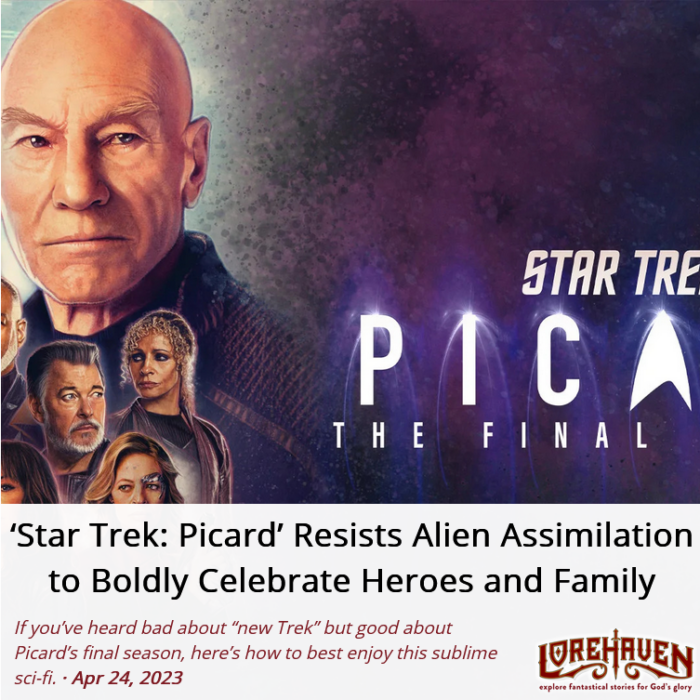
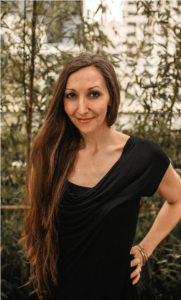 Nova McBee, a Seattle native, has lived nearly half her life in the Middle East, Europe, and Asia. Calculated is currently in development to become a major motion picture. Emmy-Award winning screenwriter, Ann Peacock, best known for The Chronicles of Narnia, will adapt the novel for the screen in partnership with One Door Studios, who owns the rights and options to all of the books. Visit
Nova McBee, a Seattle native, has lived nearly half her life in the Middle East, Europe, and Asia. Calculated is currently in development to become a major motion picture. Emmy-Award winning screenwriter, Ann Peacock, best known for The Chronicles of Narnia, will adapt the novel for the screen in partnership with One Door Studios, who owns the rights and options to all of the books. Visit  Introducing novelist Steven James
Introducing novelist Steven James Introducing guest Bethel McGrew
Introducing guest Bethel McGrew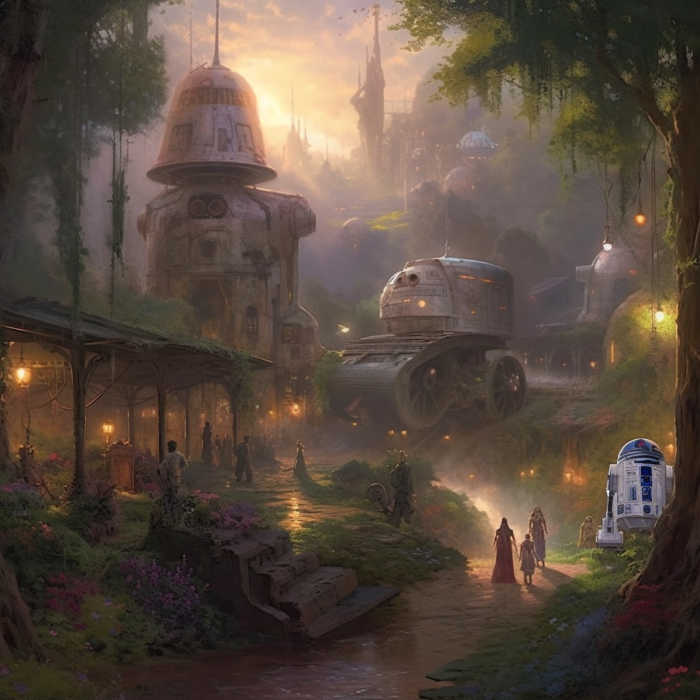
 Introducing author Candace Kade
Introducing author Candace Kade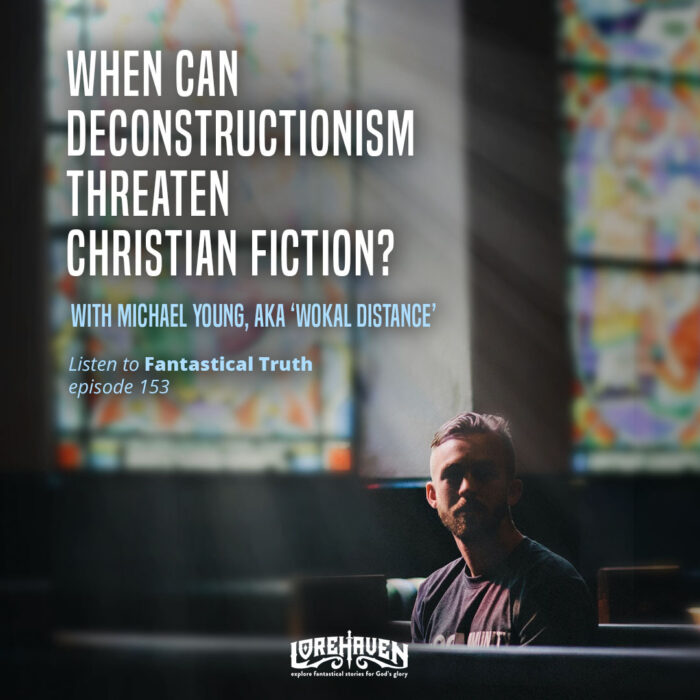



 Introducing guest David Umstattd
Introducing guest David Umstattd Former stealth pilot James R. Hannibal is no stranger to secrets and adventure. He has been shot at, locked up by surface to air missiles, has hunted insurgents with drones, and was once chased by an armed terrorist down a winding German road. James is the Carol Award–winning author of the Clandestine Service series and a three-time winner of the Silver Falchion Award for Juvenile Fiction for his Section 13 series. He also stewards the discipleship learning adventure game Lightraiders (previously called DragonRaid). His newest novel,
Former stealth pilot James R. Hannibal is no stranger to secrets and adventure. He has been shot at, locked up by surface to air missiles, has hunted insurgents with drones, and was once chased by an armed terrorist down a winding German road. James is the Carol Award–winning author of the Clandestine Service series and a three-time winner of the Silver Falchion Award for Juvenile Fiction for his Section 13 series. He also stewards the discipleship learning adventure game Lightraiders (previously called DragonRaid). His newest novel,  Introducing Josiah DeGraaf
Introducing Josiah DeGraaf Introducing Jenneth Dyck
Introducing Jenneth Dyck Introducing author Robert Treskillard
Introducing author Robert Treskillard Introducing animation director Keith Lango
Introducing animation director Keith Lango Introducing author and teacher Rebecca K. Reynolds
Introducing author and teacher Rebecca K. Reynolds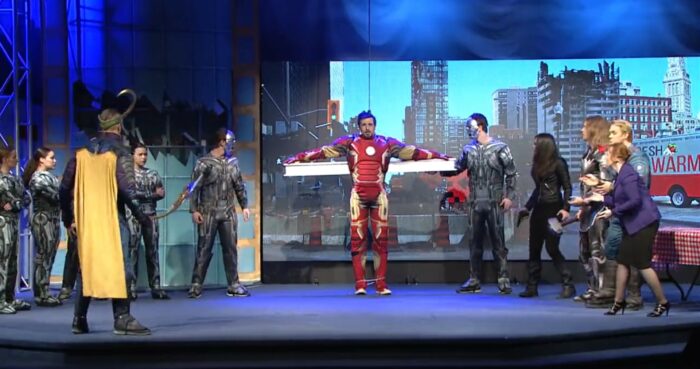 Lorehaven’s 2022 top ten: 10–8
Lorehaven’s 2022 top ten: 10–8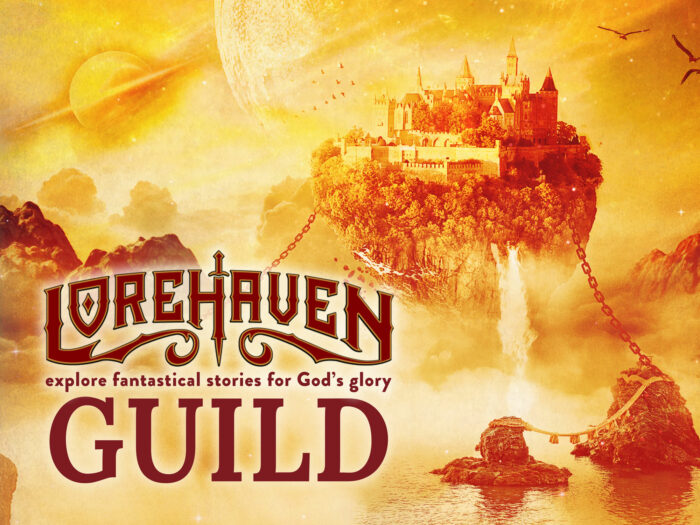
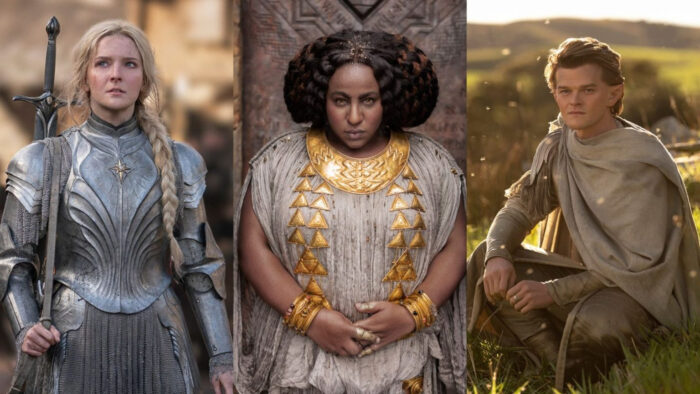 6.
6. 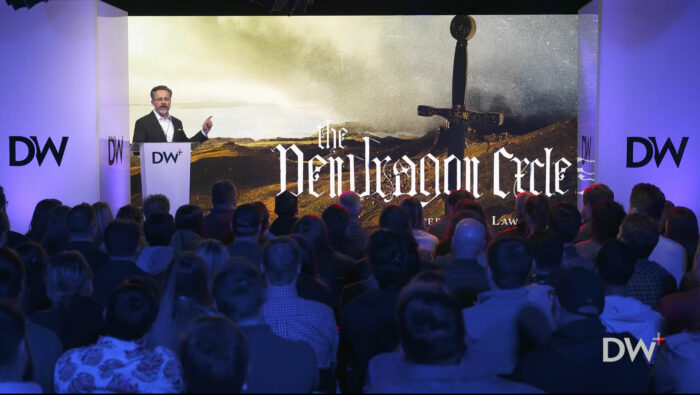
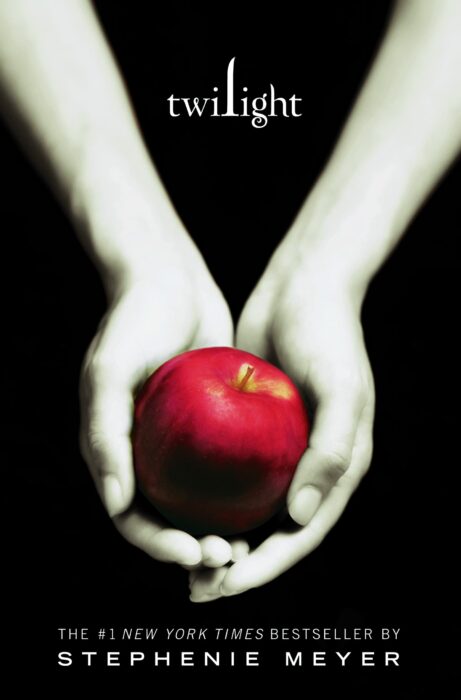 4.
4. 
 Introducing author Bradley Caffee
Introducing author Bradley Caffee Introducing novelist Cathy McCrumb
Introducing novelist Cathy McCrumb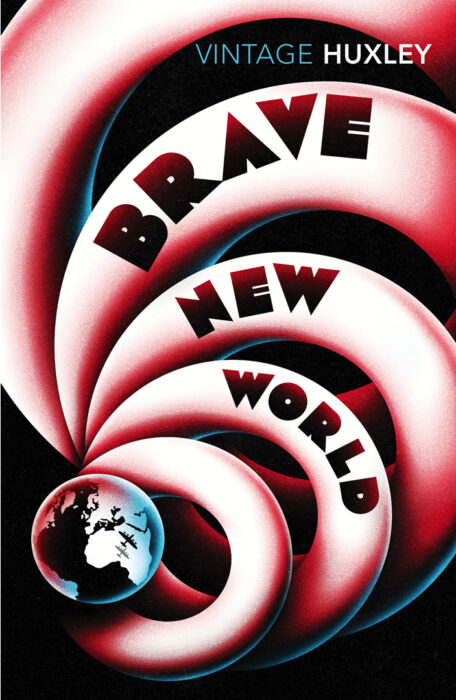 1. How does Brave New World ‘condition’ humans?
1. How does Brave New World ‘condition’ humans?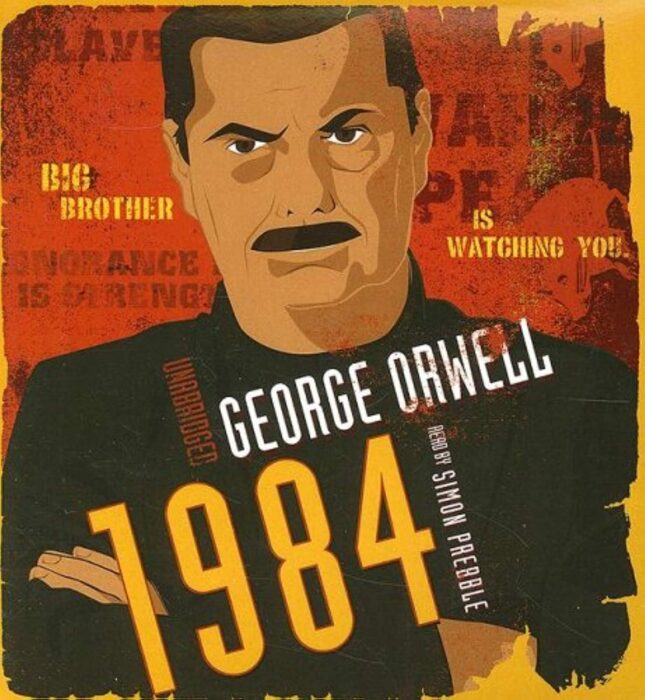 2. How does 1984’s Big Brother torture humans?
2. How does 1984’s Big Brother torture humans?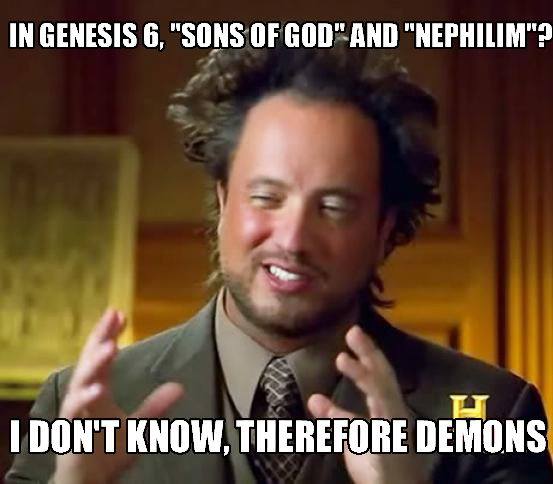
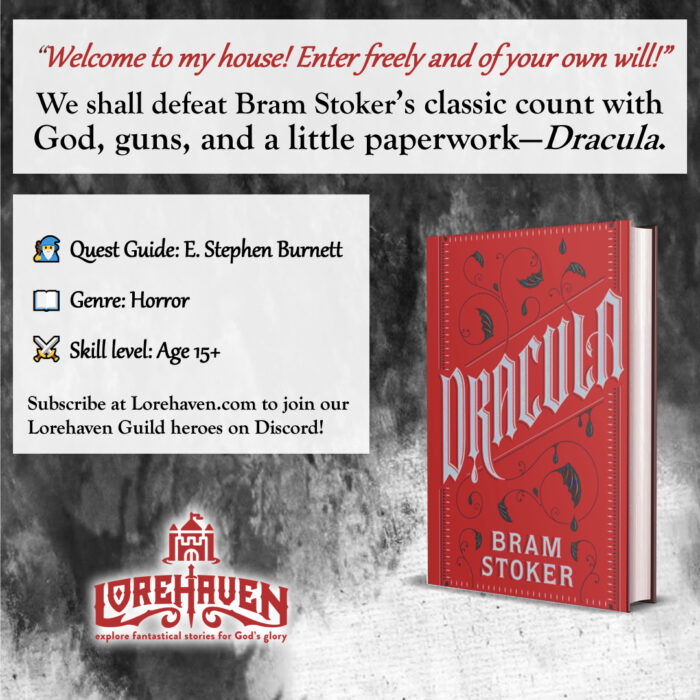
 Introducing fantasy novelist Morgan L. Busse
Introducing fantasy novelist Morgan L. Busse
 Intro to Steve Smith
Intro to Steve Smith Introducing literary agent and fantastical fiction publisher Steve Laube
Introducing literary agent and fantastical fiction publisher Steve Laube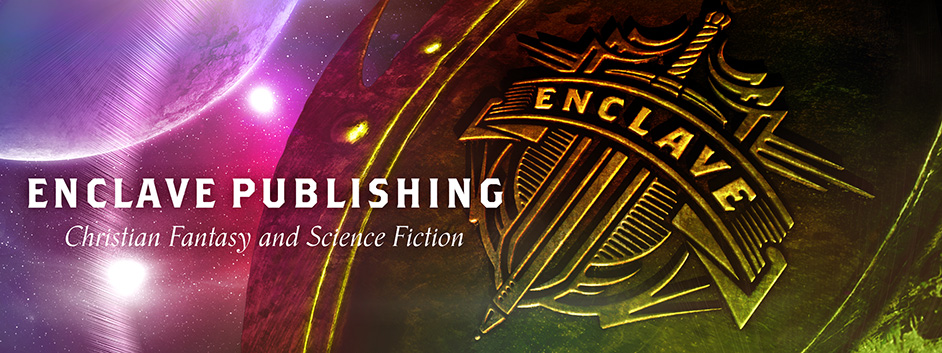
 Introducing library director and novelist Steve Rzasa
Introducing library director and novelist Steve Rzasa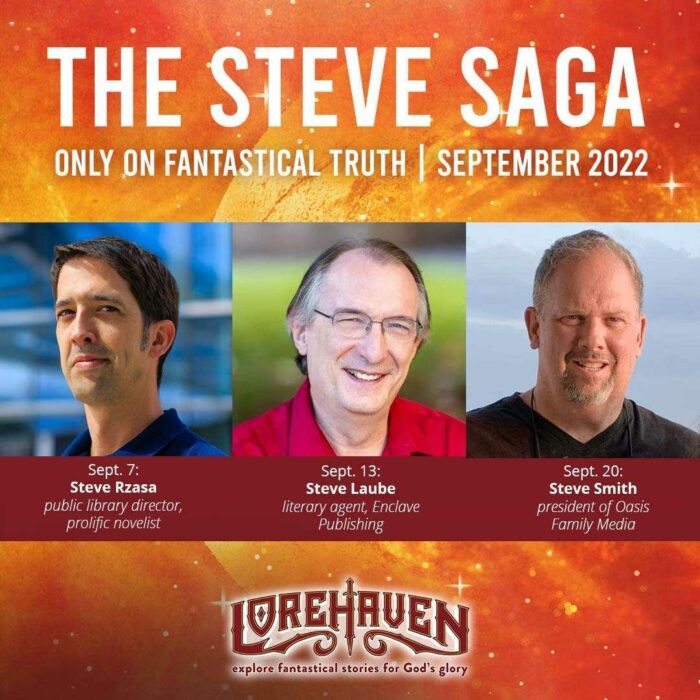
 Introducing Kevin McCreary of
Introducing Kevin McCreary of 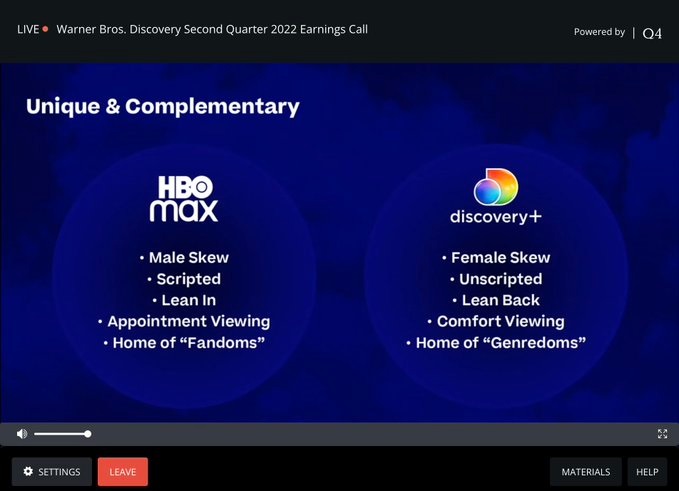
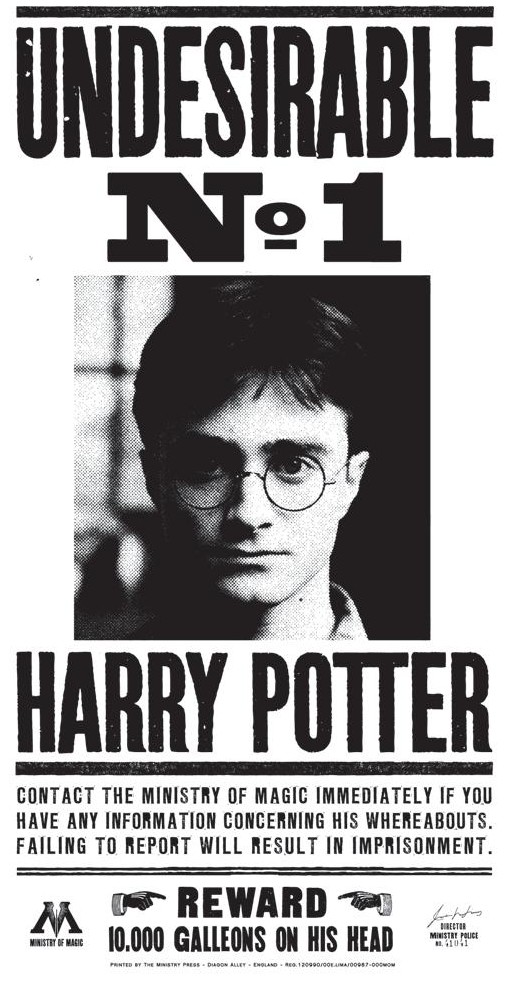
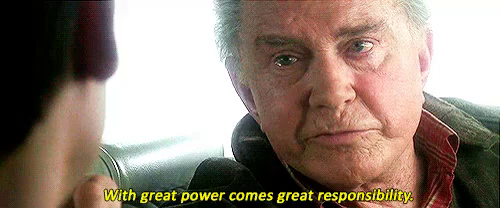 The fuller context of Galatians: believers are being drawn deep into legalism.
The fuller context of Galatians: believers are being drawn deep into legalism.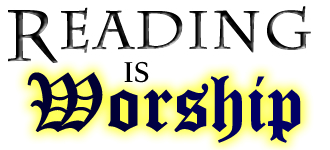 3. Based on this truth, let’s ask, ‘Why should I enjoy this story?’
3. Based on this truth, let’s ask, ‘Why should I enjoy this story?’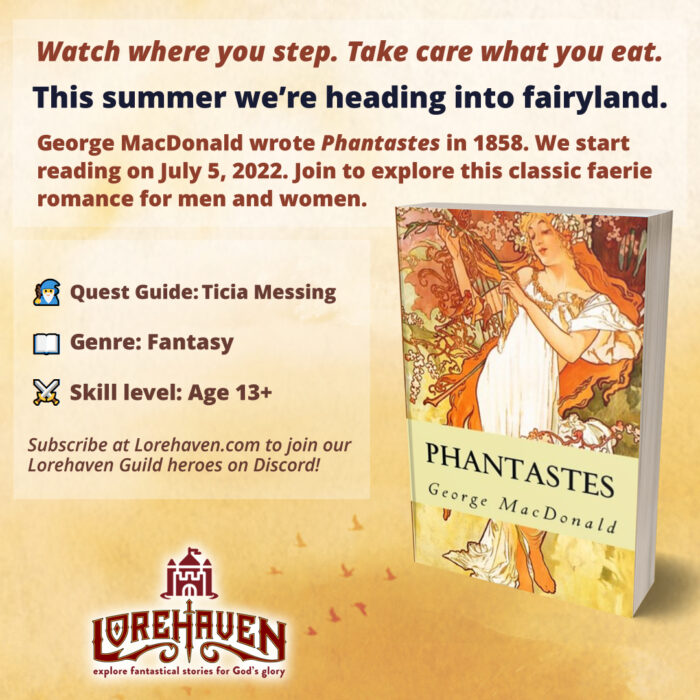

 Introducing Ethan Nunn
Introducing Ethan Nunn
 Introducing creator Mike Nawrocki
Introducing creator Mike Nawrocki
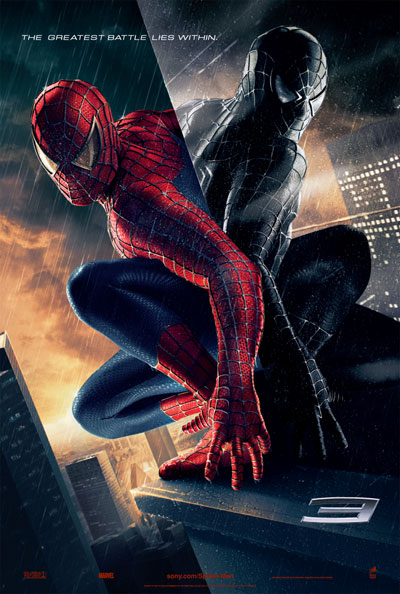 2. Peter Parker versus Venom in Spider-Man 3 (2007)
2. Peter Parker versus Venom in Spider-Man 3 (2007)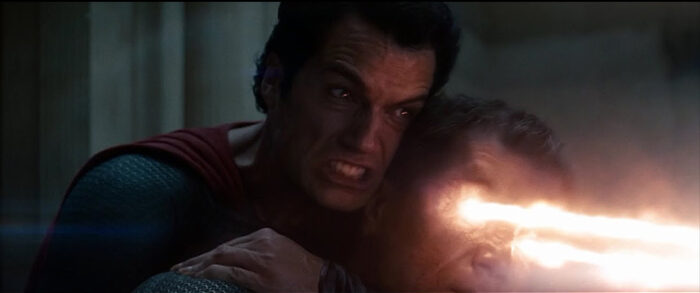 3. Superman versus General Zod in Man of Steel (2013)
3. Superman versus General Zod in Man of Steel (2013)
 Reintroducing author Frank J. Fleming
Reintroducing author Frank J. Fleming An award-winning preacher and Bible teacher, Zachary Bartels has served as pastor of Judson Baptist Church since 2005. He holds degrees from Cornerstone University and Grand Rapids Theological Seminary. His debut novel, Playing Saint, was called an “intrigue-filled thriller” (Library Journal) and “a page-turner from the very beginning . . . gripping and realistic” (RT Book Reviews) and was a finalist for the Inspys and Carol Awards. His followup, The Last Con (HarperCollins Christian Fiction) “will leave readers stunned” (RT Book Reviews). More recently, he has released Playing Saint: All Souls Day (the sequel to Playing Saint) and Clinch: A Novel, which is geared toward young adult audiences. The audiobooks of Zachary’s novels are full of cinematic music and sound effects and are available in various bundles on his website. Zachary lives with his wife and son in the capital city of a mitten-shaped state, where he enjoys film, fine cigars, stimulating conversation, gourmet coffee, reading, writing, and cycling. He also co-hosts The Gut Check Podcast and High and Silver Presents: The Pilgrim’s Progress.
An award-winning preacher and Bible teacher, Zachary Bartels has served as pastor of Judson Baptist Church since 2005. He holds degrees from Cornerstone University and Grand Rapids Theological Seminary. His debut novel, Playing Saint, was called an “intrigue-filled thriller” (Library Journal) and “a page-turner from the very beginning . . . gripping and realistic” (RT Book Reviews) and was a finalist for the Inspys and Carol Awards. His followup, The Last Con (HarperCollins Christian Fiction) “will leave readers stunned” (RT Book Reviews). More recently, he has released Playing Saint: All Souls Day (the sequel to Playing Saint) and Clinch: A Novel, which is geared toward young adult audiences. The audiobooks of Zachary’s novels are full of cinematic music and sound effects and are available in various bundles on his website. Zachary lives with his wife and son in the capital city of a mitten-shaped state, where he enjoys film, fine cigars, stimulating conversation, gourmet coffee, reading, writing, and cycling. He also co-hosts The Gut Check Podcast and High and Silver Presents: The Pilgrim’s Progress.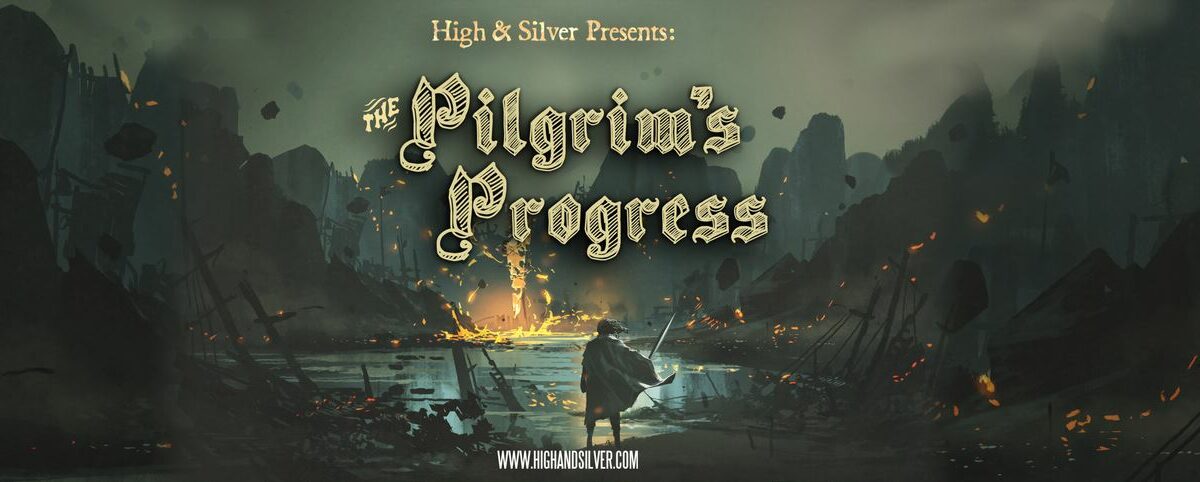
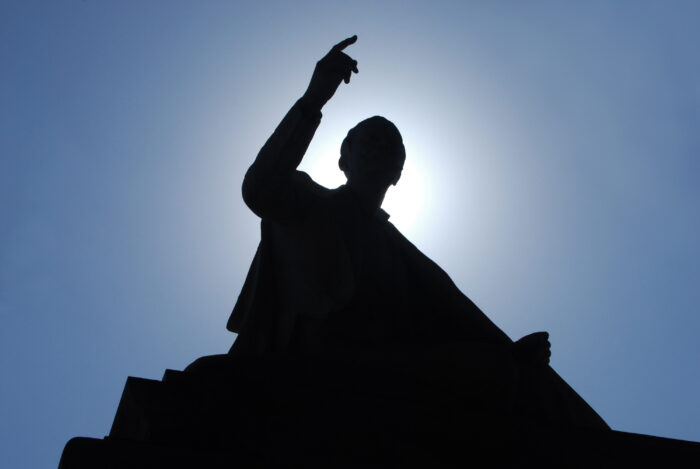 No. 10:
No. 10: 
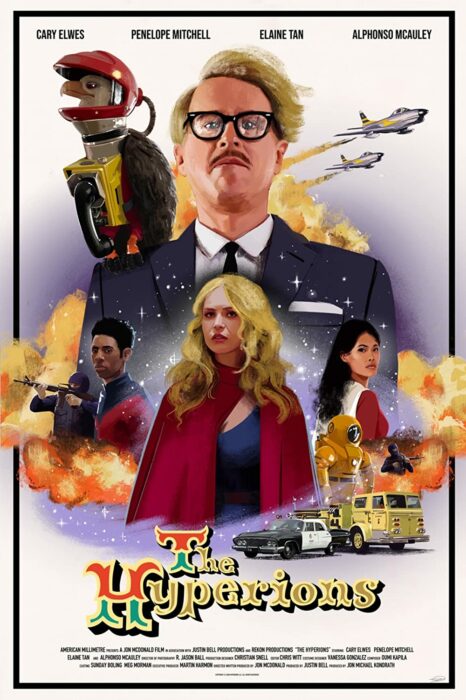
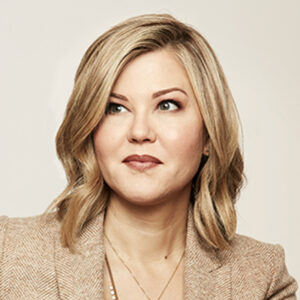 Megan Basham is a Rotten Tomatoes–approved critic and the
Megan Basham is a Rotten Tomatoes–approved critic and the  Introducing Adventures in Odyssey “founding father” Phil Lollar
Introducing Adventures in Odyssey “founding father” Phil Lollar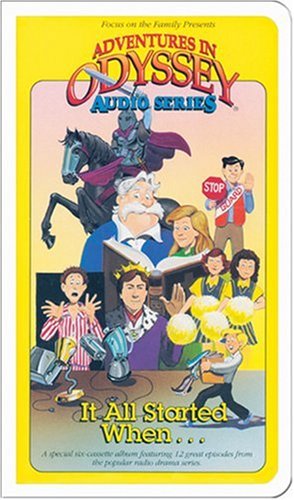
 Parker J. Cole is an author, speaker, and radio show host with a fanatical obsession with the Lord, Star Trek, K-dramas, anime, romance books, old movies, speculative fiction, and knitting. An off-and-on Mountain Dew and marshmallows addict, she writes to fill the void the sugar left behind.
Parker J. Cole is an author, speaker, and radio show host with a fanatical obsession with the Lord, Star Trek, K-dramas, anime, romance books, old movies, speculative fiction, and knitting. An off-and-on Mountain Dew and marshmallows addict, she writes to fill the void the sugar left behind. Introducing S. D. Smith
Introducing S. D. Smith
 10.
10. 
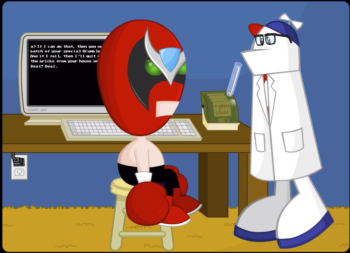 7.
7. 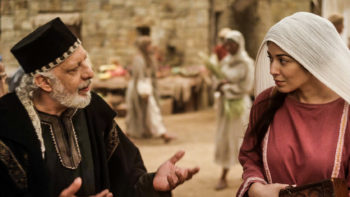 6.
6. 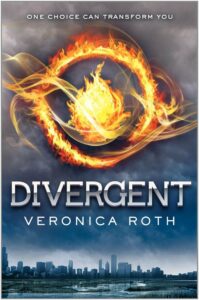 5.
5. 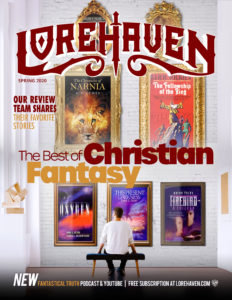
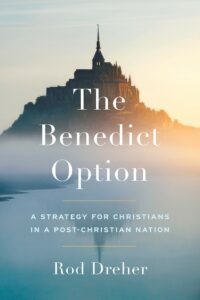 3.
3. 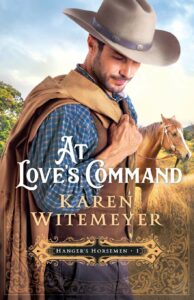 1.
1.  Gillian Bronte Adams rides out of the sunrise
Gillian Bronte Adams rides out of the sunrise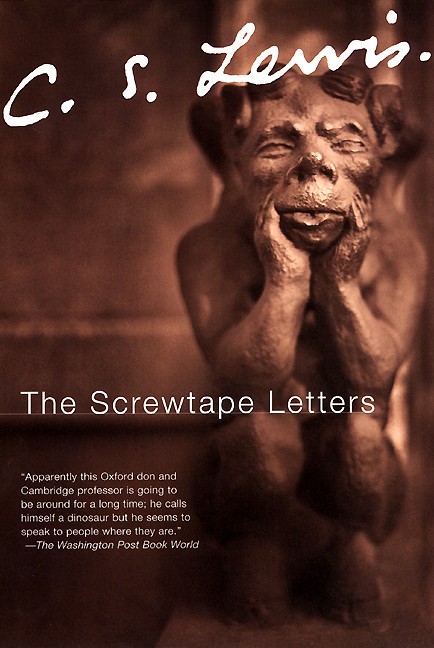 I prefer C. S. Lewis’s understanding [of the word flippancy] as voiced in The Screwtape Letters. In letter 11 the demonic uncle/undersecretary Screwtape expounds on human humor. Ever the philosopher about everything, Screwtape classifies humor in four categories:
I prefer C. S. Lewis’s understanding [of the word flippancy] as voiced in The Screwtape Letters. In letter 11 the demonic uncle/undersecretary Screwtape expounds on human humor. Ever the philosopher about everything, Screwtape classifies humor in four categories: Introducing Daniel Silliman
Introducing Daniel Silliman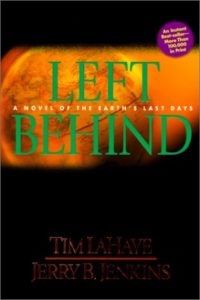
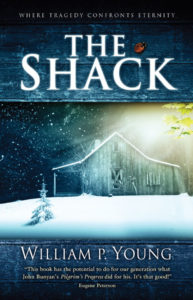

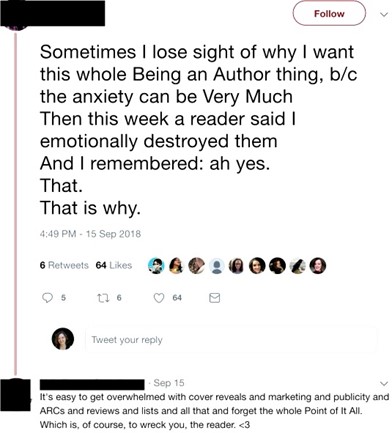 Clips from
Clips from 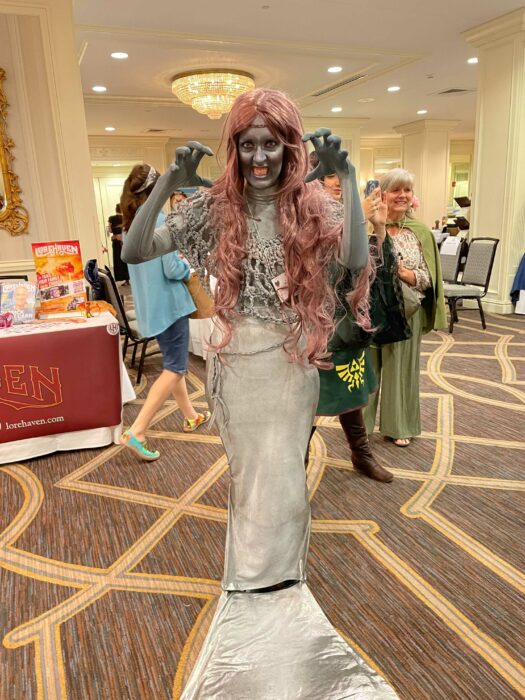
 Introducing Darby Kern
Introducing Darby Kern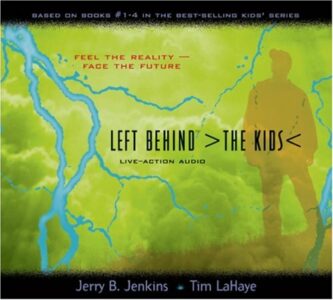
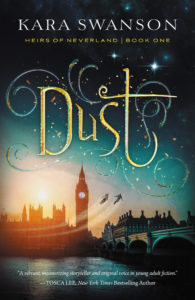 From
From  Introducing novelist Kara Swanson
Introducing novelist Kara Swanson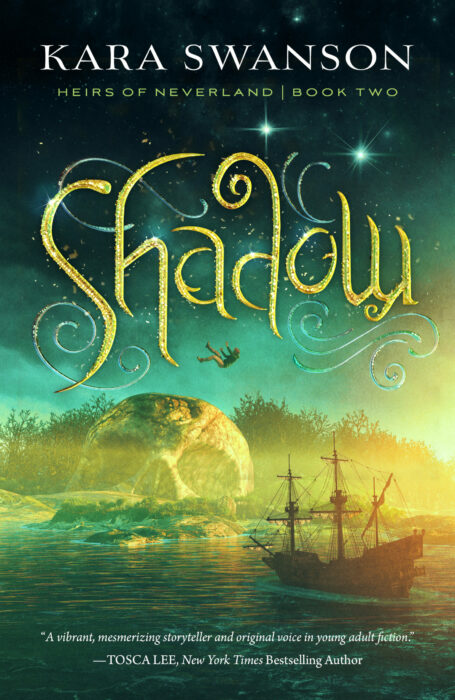 2. Which pirate maps led to your stories, including your version of Neverland?
2. Which pirate maps led to your stories, including your version of Neverland?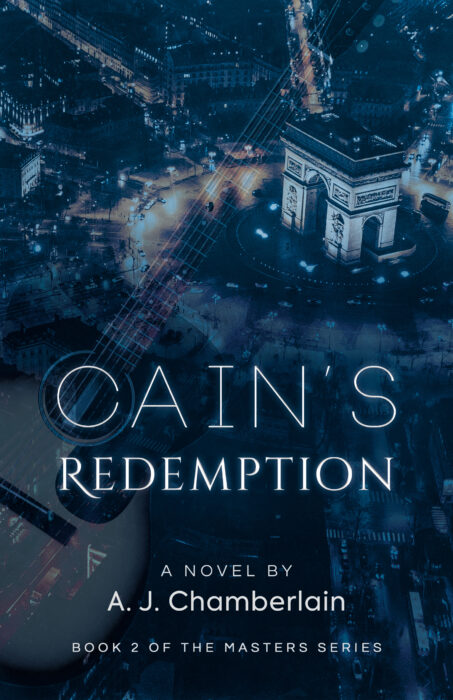 Sponsor: A. J. Chamberlain’s thriller novel
Sponsor: A. J. Chamberlain’s thriller novel  Parker J. Cole is an author, speaker, and radio show host with a fanatical obsession with the Lord, Star Trek, K-dramas, anime, romance books, old movies, speculative fiction, and knitting. An off-and-on Mountain Dew and marshmallows addict, she writes to fill the void the sugar left behind. To follow her on social media, visit her website at
Parker J. Cole is an author, speaker, and radio show host with a fanatical obsession with the Lord, Star Trek, K-dramas, anime, romance books, old movies, speculative fiction, and knitting. An off-and-on Mountain Dew and marshmallows addict, she writes to fill the void the sugar left behind. To follow her on social media, visit her website at 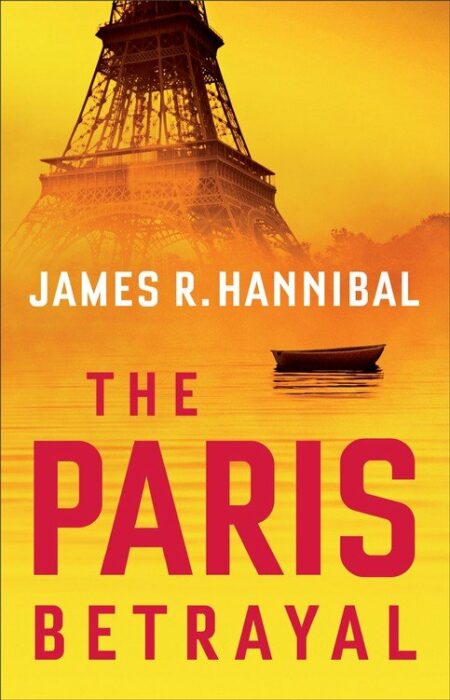 Sponsor: James R. Hannibal’s The Paris Betrayal from Revell Books
Sponsor: James R. Hannibal’s The Paris Betrayal from Revell Books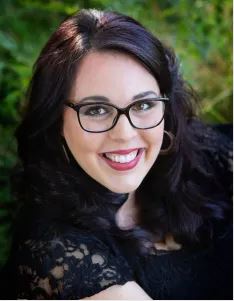 Lani Forbes is the award-winning YA author of The Seventh Sun and the 2021 release, The Jade Bones. As the daughter of a librarian and an ex-drug smuggling surfer (which explains her passionate love of the ocean and books), Lani is a one-time teacher turned MFT student. Her passion is showing readers the transformative and encouraging power of story on the human experience. She helps others process anxiety, depression, and complex PTSD, both in her stories and in real life.
Lani Forbes is the award-winning YA author of The Seventh Sun and the 2021 release, The Jade Bones. As the daughter of a librarian and an ex-drug smuggling surfer (which explains her passionate love of the ocean and books), Lani is a one-time teacher turned MFT student. Her passion is showing readers the transformative and encouraging power of story on the human experience. She helps others process anxiety, depression, and complex PTSD, both in her stories and in real life.
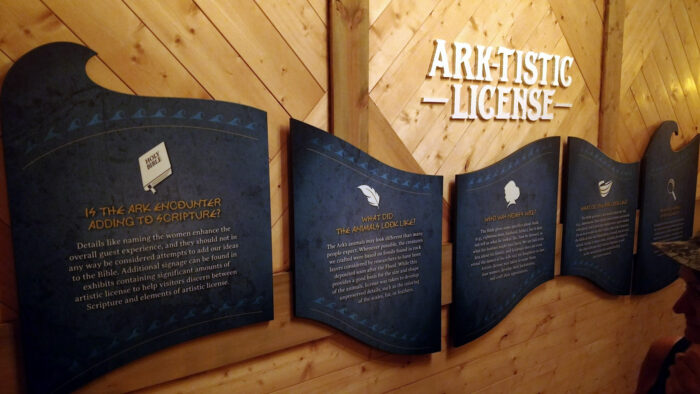
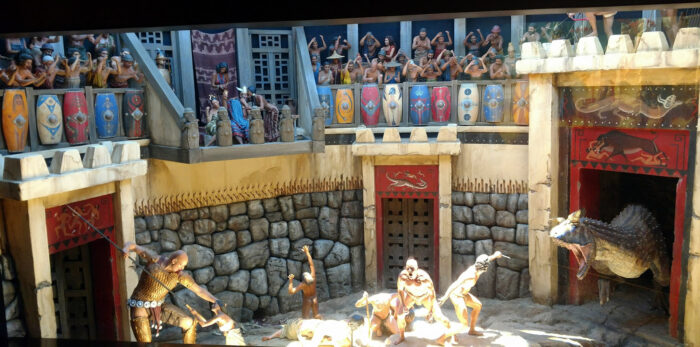

 Reverend Samul has been the pastor of
Reverend Samul has been the pastor of 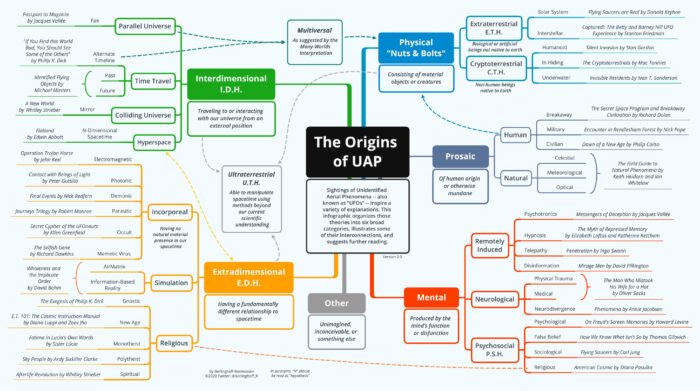
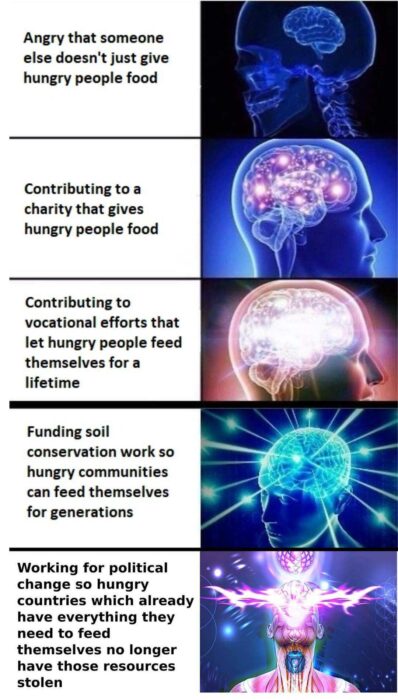
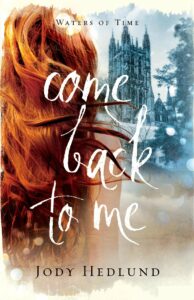 Sponsor 2: Revell Books,
Sponsor 2: Revell Books, 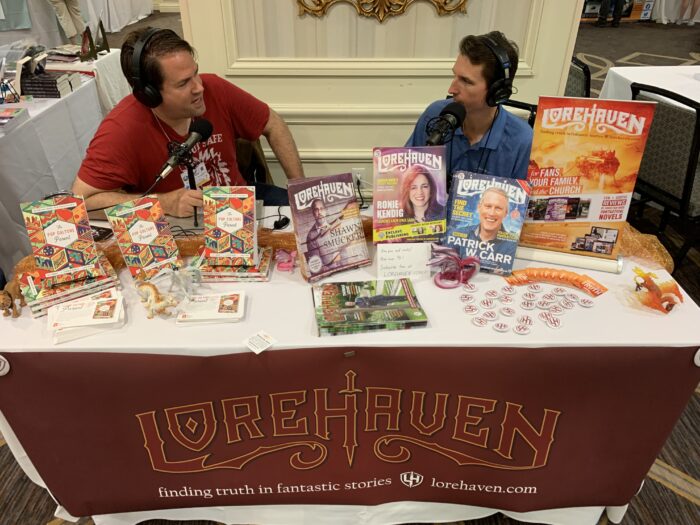
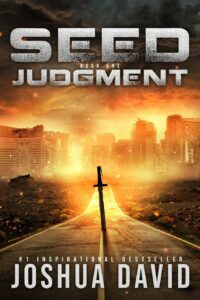
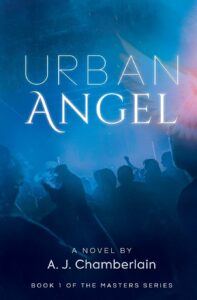
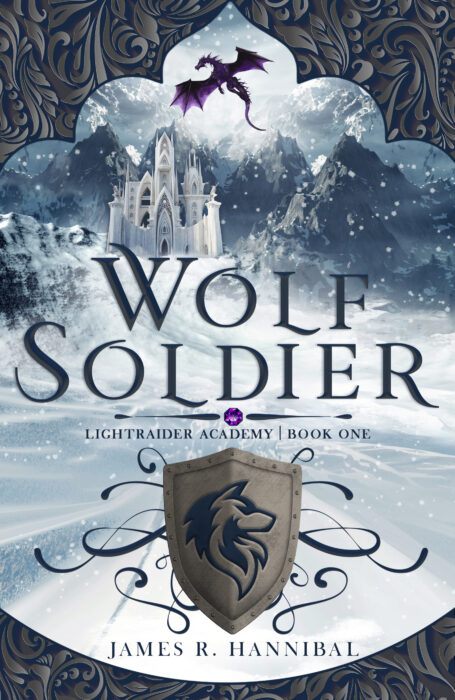
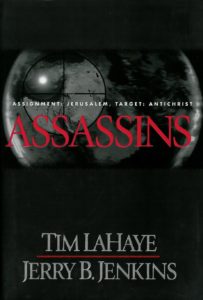 Rayford Steele in the Left Behind series is actually a great example.
Rayford Steele in the Left Behind series is actually a great example. Jody Hedlund is the bestselling author of more than thirty historical novels for both adults and teens, including Come Back to Me, and is the winner of numerous awards, including the Christy, Carol, and Christian Book Awards. Jody lives in Michigan with her husband, busy family, and five spoiled cats. She loves to imagine that she really can visit the past, although she’s yet to accomplish the feat, except via the many books she reads.
Jody Hedlund is the bestselling author of more than thirty historical novels for both adults and teens, including Come Back to Me, and is the winner of numerous awards, including the Christy, Carol, and Christian Book Awards. Jody lives in Michigan with her husband, busy family, and five spoiled cats. She loves to imagine that she really can visit the past, although she’s yet to accomplish the feat, except via the many books she reads. L. G. McCary is an old-school Whovian and a lifelong Trekkie. She has a bachelor’s in psychology which means she knows enough to mess with readers’ heads but not enough to diagnose their problems. She is the wife of an Army chaplain and the homeschooling mom of four rambunctious kids. She writes supernatural and dark science fiction on topics as diverse as artificial intelligence, ghosts, sentient snowmen, and space hotels. Her first novel, That Pale Host, releases October 2021 from Monster Ivy Publishing. Her short story, “Rendering,” appears in Havok’s Rebirth anthology.
L. G. McCary is an old-school Whovian and a lifelong Trekkie. She has a bachelor’s in psychology which means she knows enough to mess with readers’ heads but not enough to diagnose their problems. She is the wife of an Army chaplain and the homeschooling mom of four rambunctious kids. She writes supernatural and dark science fiction on topics as diverse as artificial intelligence, ghosts, sentient snowmen, and space hotels. Her first novel, That Pale Host, releases October 2021 from Monster Ivy Publishing. Her short story, “Rendering,” appears in Havok’s Rebirth anthology.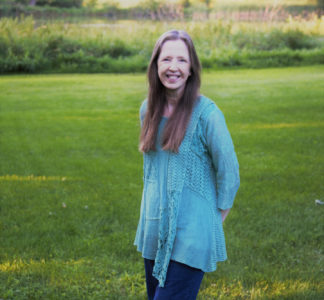 Award-winning author Sharon Hinck writes “stories for the hero in all of us”—stories about ordinary women on extraordinary faith journeys. Known for their authenticity, emotional range, and spiritual depth, her novels include the groundbreaking
Award-winning author Sharon Hinck writes “stories for the hero in all of us”—stories about ordinary women on extraordinary faith journeys. Known for their authenticity, emotional range, and spiritual depth, her novels include the groundbreaking 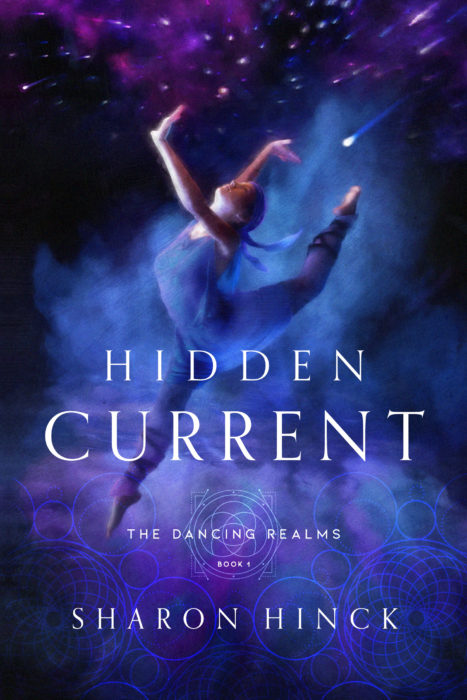 Exploring the Dancing Realms with Sharon Hinck
Exploring the Dancing Realms with Sharon Hinck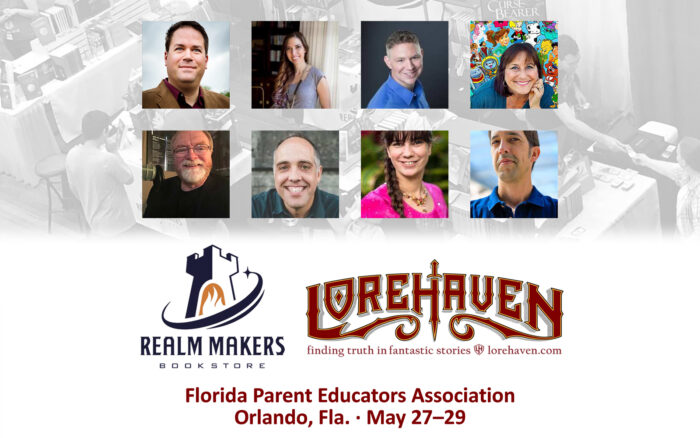
 Introducing Kerry Nietz
Introducing Kerry Nietz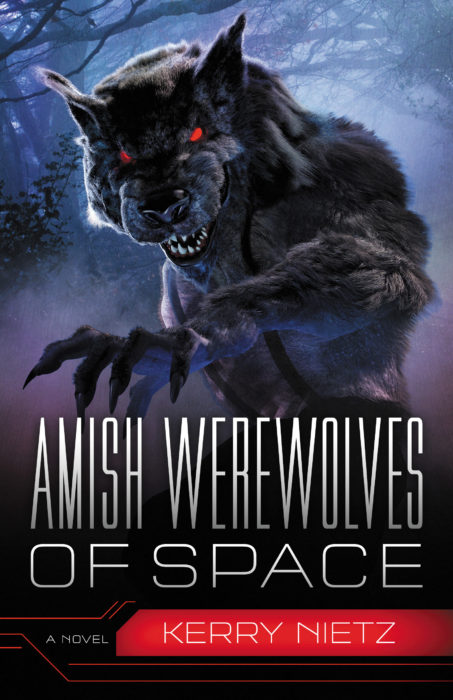
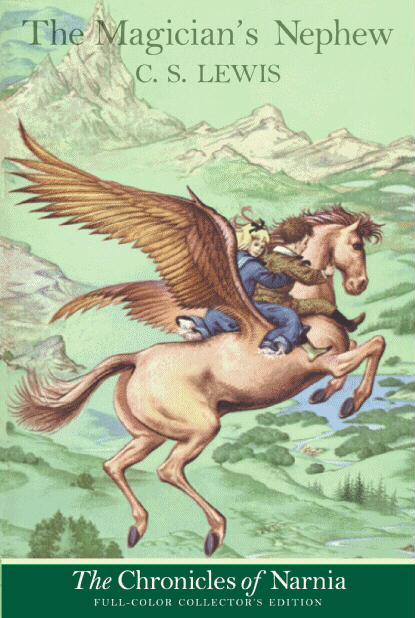 Mad scientist motives at the dawn of Narnia
Mad scientist motives at the dawn of Narnia Kerry Nietz
Kerry Nietz Austin Gunderson
Austin Gunderson E. Stephen Burnett
E. Stephen Burnett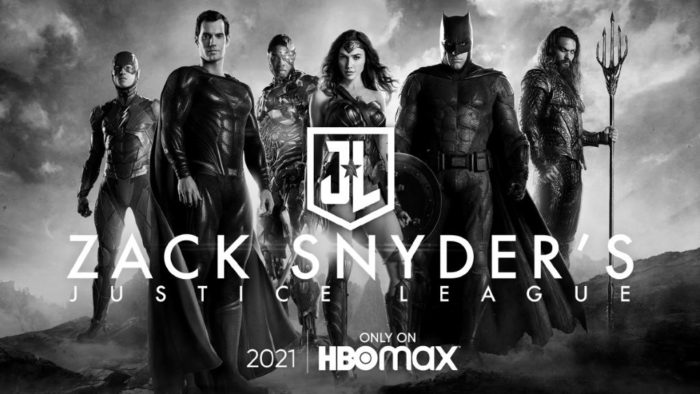
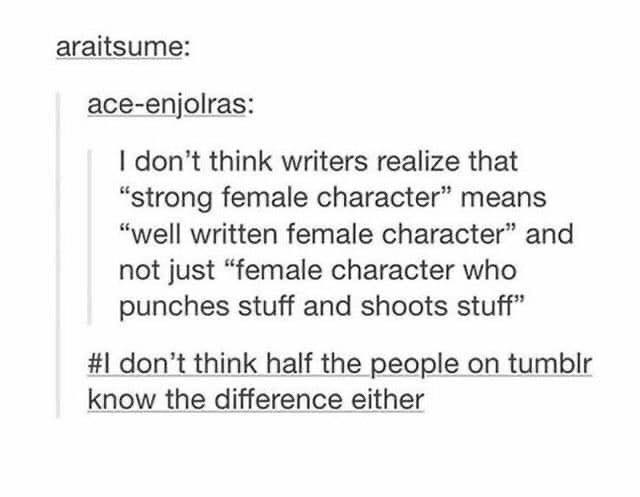
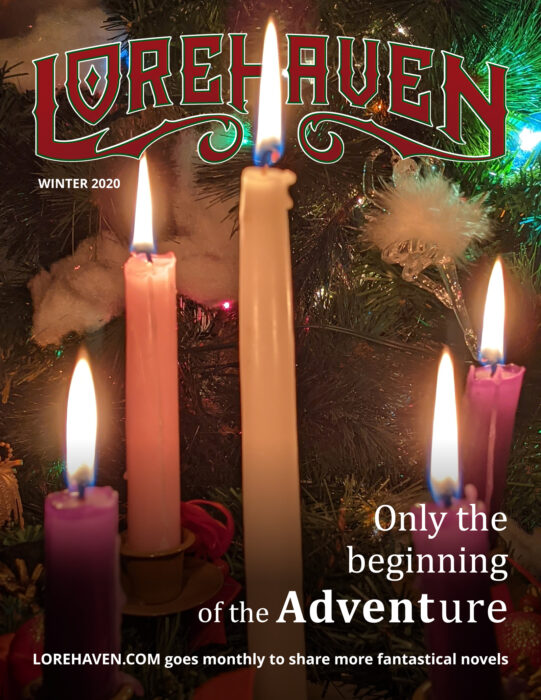

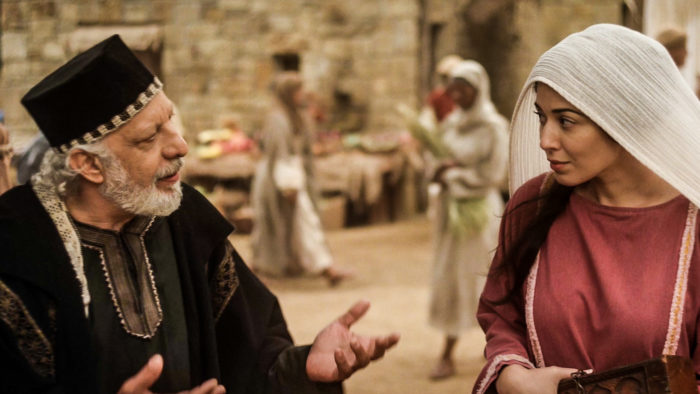
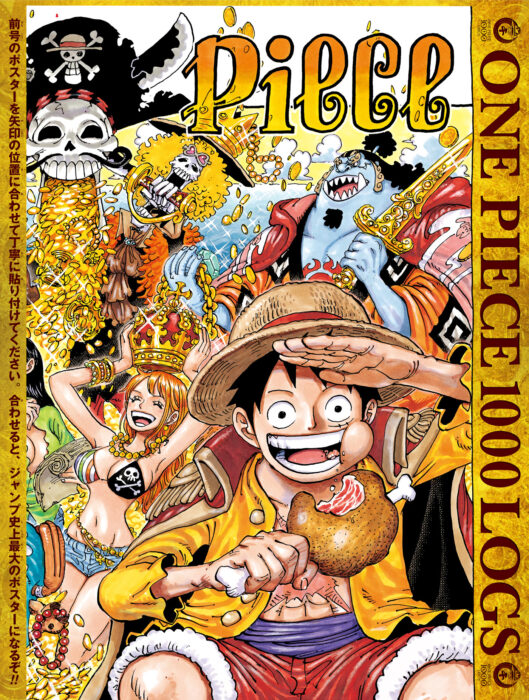 4.
4. 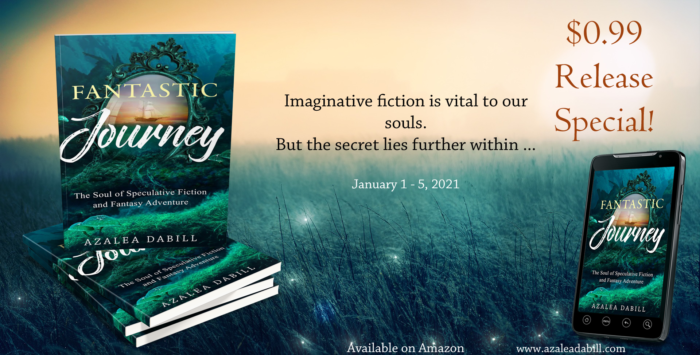

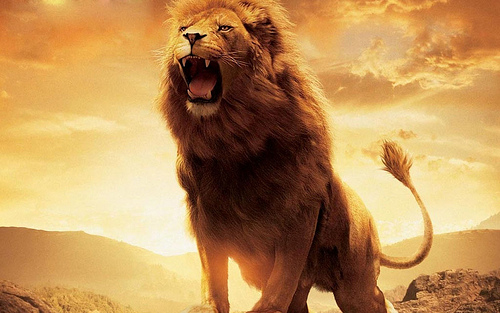
 R. J. (Rebecca Joan) Anderson is a Canadian author of fantasy and science fiction for older children and teens. Her debut novel Knife, which has sold more than 80,000 copies worldwide, was a Canadian Library Association Honour Book and won the Concorde Book Award in the UK, while her young adult thriller Ultraviolet was shortlisted for both the Sunburst Award in Canada and the Nebula Award in the US. Her latest release is the Flight and Flame Trilogy, beginning with the US editions of Swift and Nomad (formerly published only in the UK) and wrapping up with a brand-new third book, Torch (coming February 2021).
R. J. (Rebecca Joan) Anderson is a Canadian author of fantasy and science fiction for older children and teens. Her debut novel Knife, which has sold more than 80,000 copies worldwide, was a Canadian Library Association Honour Book and won the Concorde Book Award in the UK, while her young adult thriller Ultraviolet was shortlisted for both the Sunburst Award in Canada and the Nebula Award in the US. Her latest release is the Flight and Flame Trilogy, beginning with the US editions of Swift and Nomad (formerly published only in the UK) and wrapping up with a brand-new third book, Torch (coming February 2021).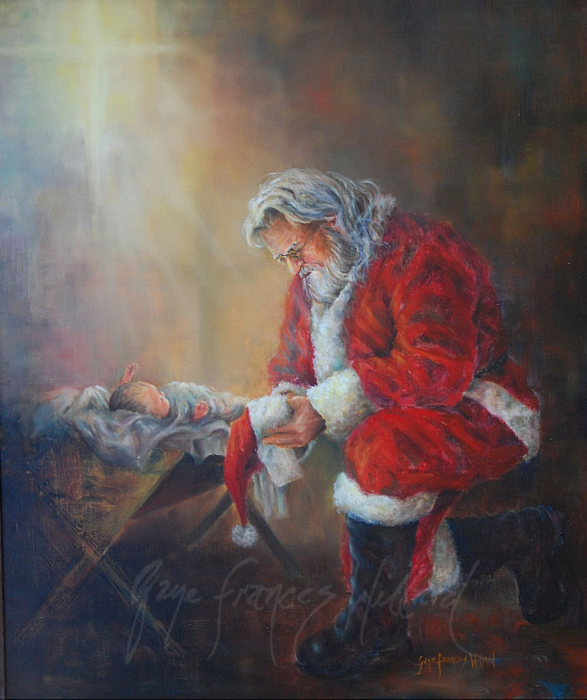
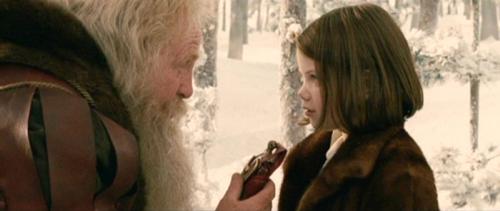 More from
More from 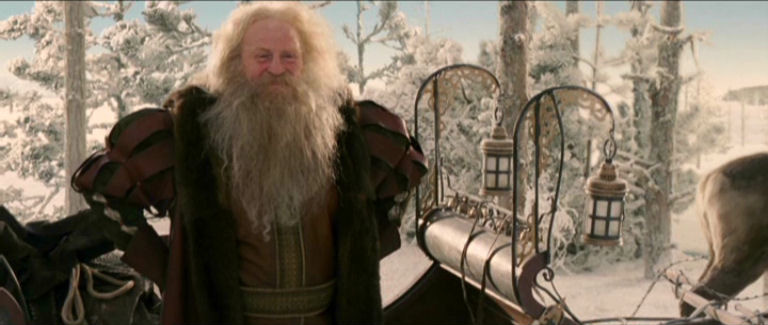
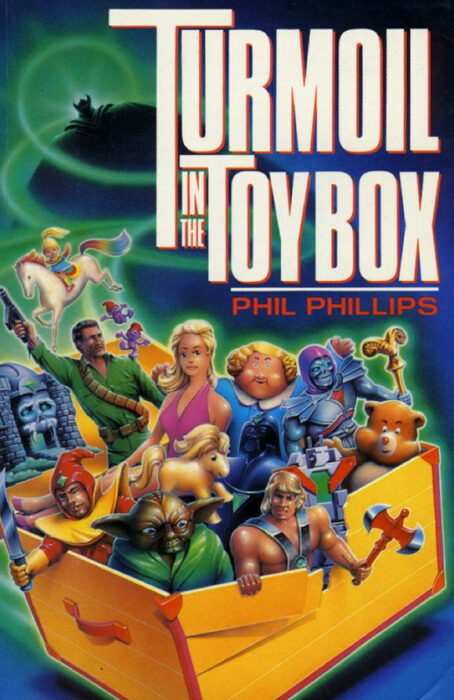
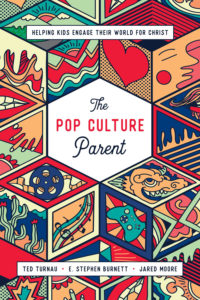 Sponsor:
Sponsor: 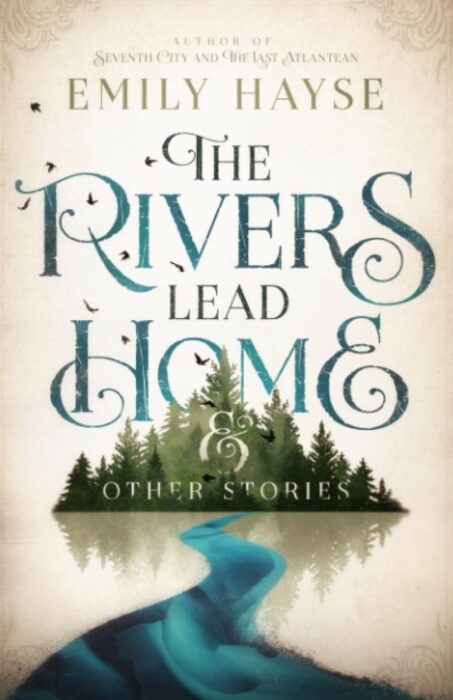
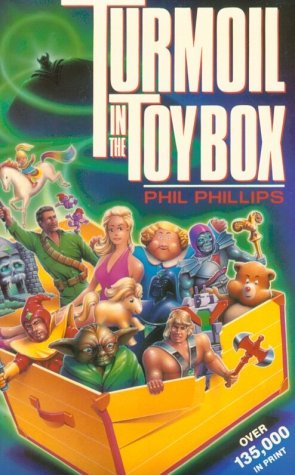 Next on Fantastical Truth
Next on Fantastical Truth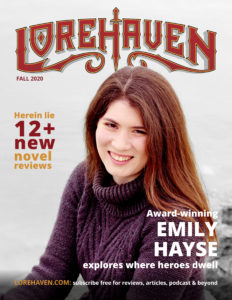

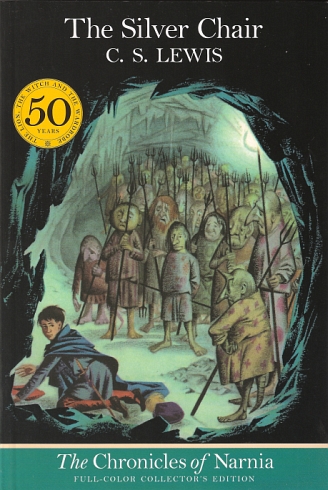 For example C. S. Lewis may have referenced Stoker’s Dracula in The Silver Chair (The Chronicles of Narnia, book 4):
For example C. S. Lewis may have referenced Stoker’s Dracula in The Silver Chair (The Chronicles of Narnia, book 4):
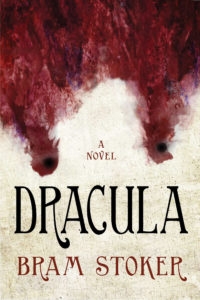
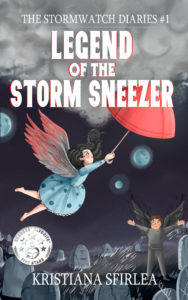 Episode sponsor
Episode sponsor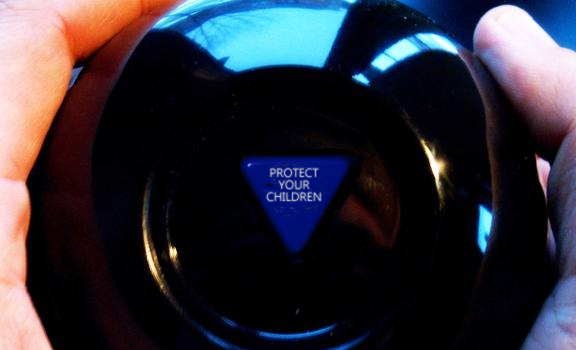 Second, we won’t dismiss the challenge as if only legalists would care.
Second, we won’t dismiss the challenge as if only legalists would care.
 Exploring paranoir dimensions with Mike Duran
Exploring paranoir dimensions with Mike Duran
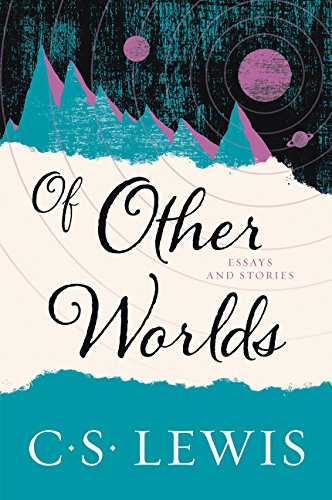 3. ‘The Man’
3. ‘The Man’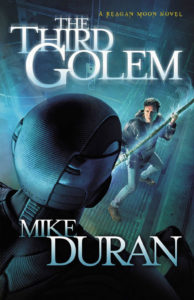 Next on Fantastical Truth
Next on Fantastical Truth Introducing Julie Novak, artistic director, acting instructor at Christian Youth Theater
Introducing Julie Novak, artistic director, acting instructor at Christian Youth Theater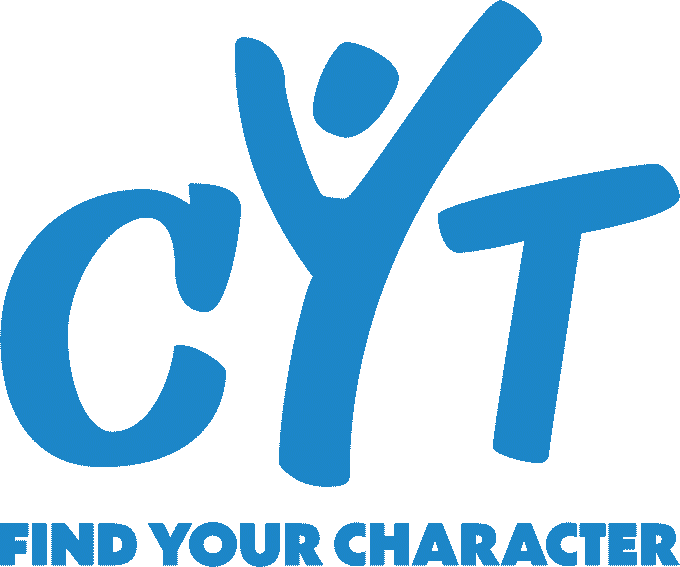
 Ted Turnau teaches culture, religion, and media studies at Anglo-American University in Prague, Czech Republic. He has a PhD from Westminster in apologetics and wrote
Ted Turnau teaches culture, religion, and media studies at Anglo-American University in Prague, Czech Republic. He has a PhD from Westminster in apologetics and wrote  E. Stephen Burnett explores biblical truth and fantastic stories as publisher of
E. Stephen Burnett explores biblical truth and fantastic stories as publisher of  Jared Moore serves in pastoral ministry. He has a PhD in systematic theology from Southern Baptist Theological Seminary and cohosts
Jared Moore serves in pastoral ministry. He has a PhD in systematic theology from Southern Baptist Theological Seminary and cohosts 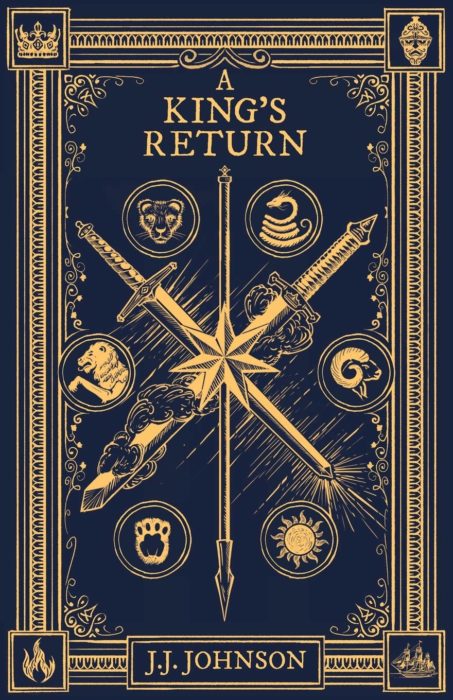
 Frank J. Fleming is the author of science fiction, fantasy, and satire. As Senior Writer for The Babylon Bee, he’s known for hard-hitting stories like, “Really Interesting Theological Discussion Ruined By Someone Pulling Out A Bible Verse,” and “Engineer Frustrated At Inability To Tell Responsible Citizens From Train Robbers,” as well as “”Report: The Squirrels Are Up To Something.” And if you follow the Babylon Bee podcast, you know that Frank is the voice of most of the Trump jokes.
Frank J. Fleming is the author of science fiction, fantasy, and satire. As Senior Writer for The Babylon Bee, he’s known for hard-hitting stories like, “Really Interesting Theological Discussion Ruined By Someone Pulling Out A Bible Verse,” and “Engineer Frustrated At Inability To Tell Responsible Citizens From Train Robbers,” as well as “”Report: The Squirrels Are Up To Something.” And if you follow the Babylon Bee podcast, you know that Frank is the voice of most of the Trump jokes.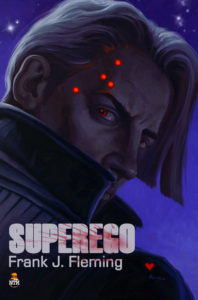 Frank started out blogging political commentary on
Frank started out blogging political commentary on 
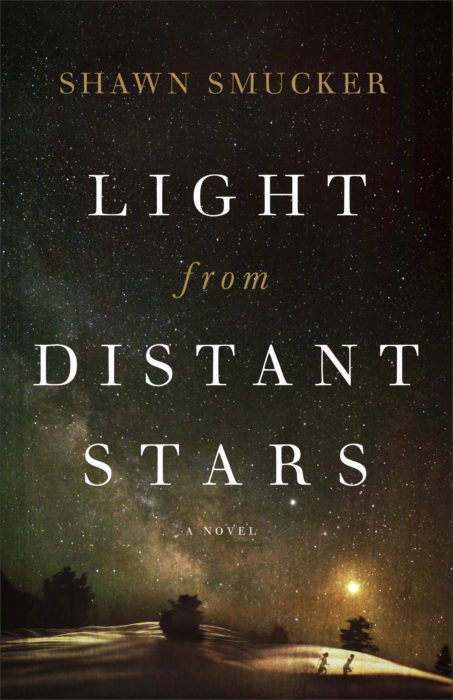
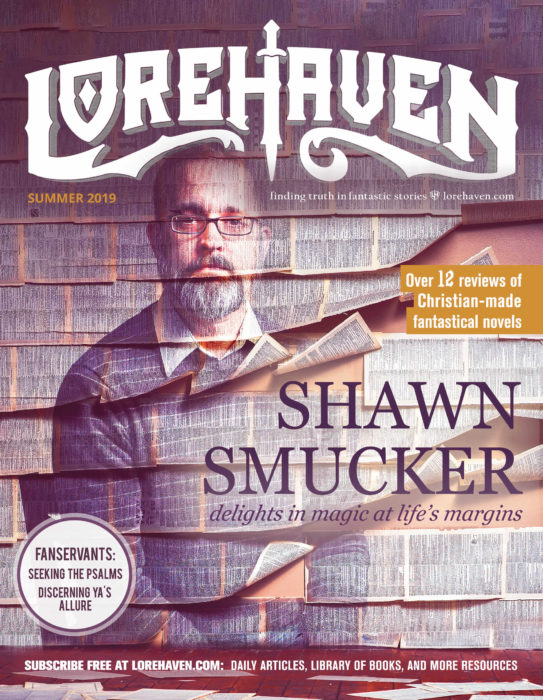
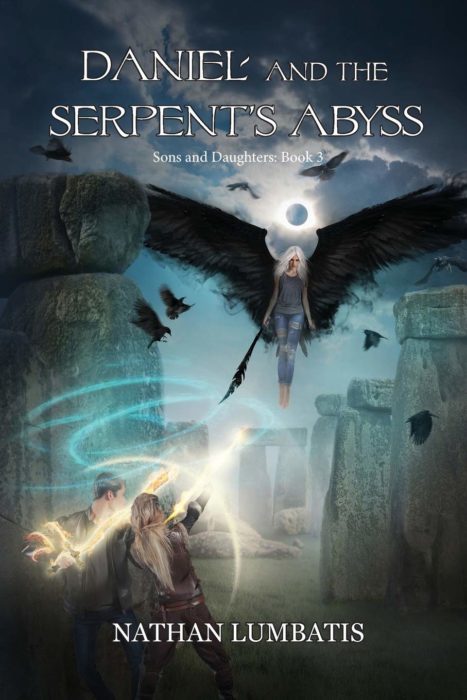
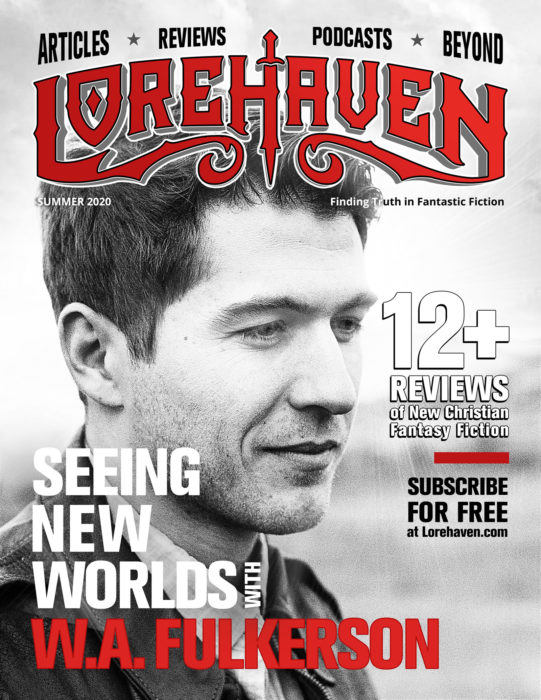
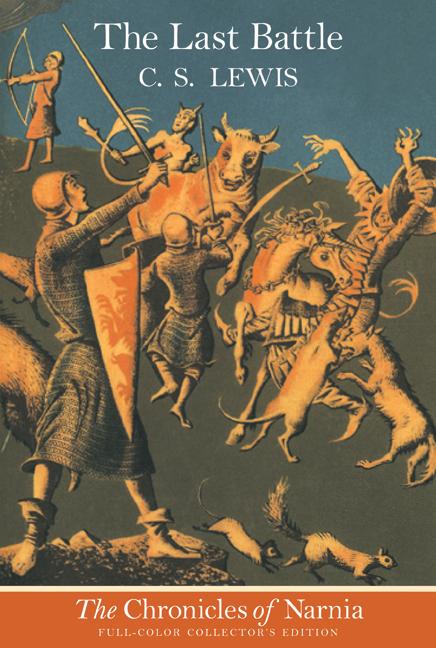 3. Emeth in The Last Battle reveals that C. S. Lewis was a universalist.
3. Emeth in The Last Battle reveals that C. S. Lewis was a universalist.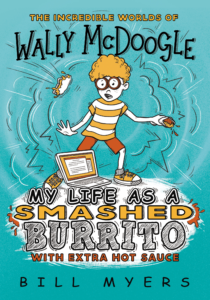
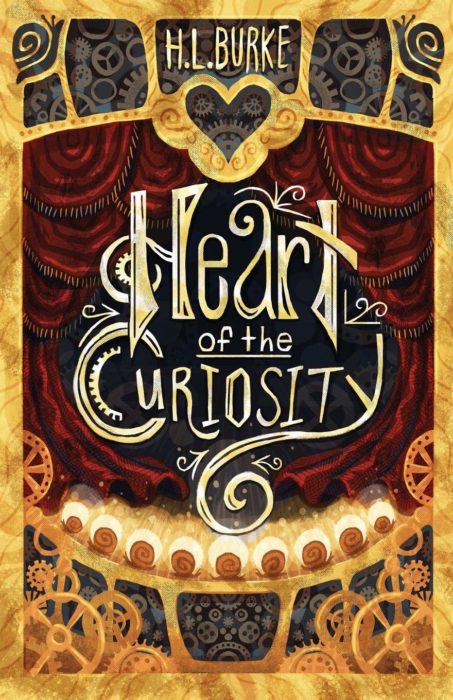
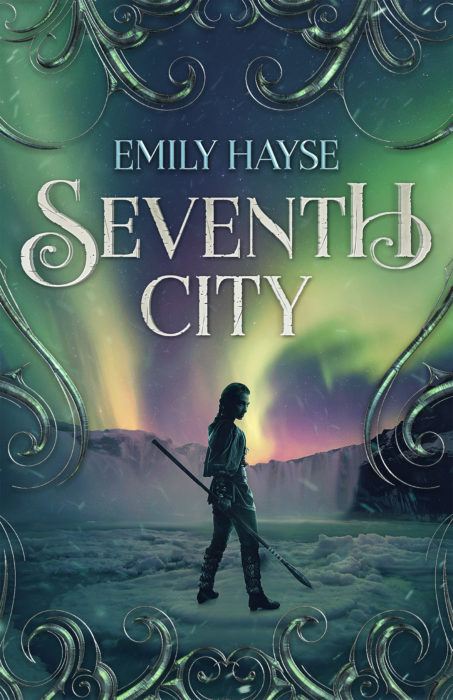
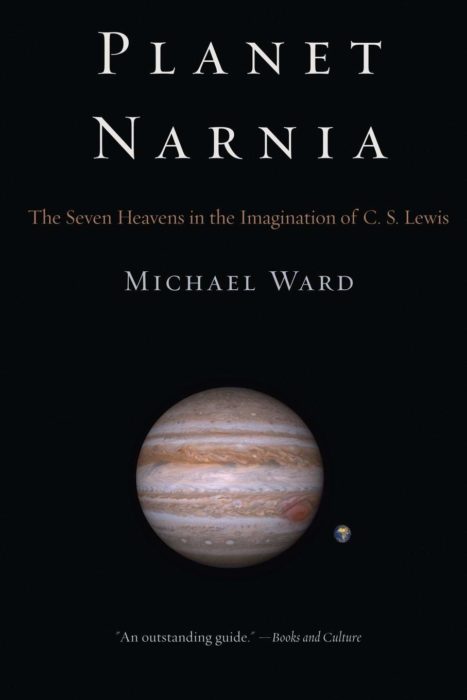
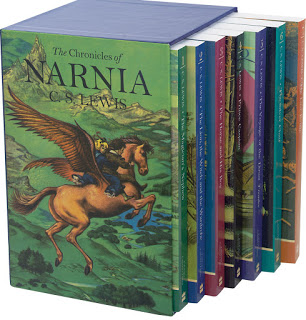
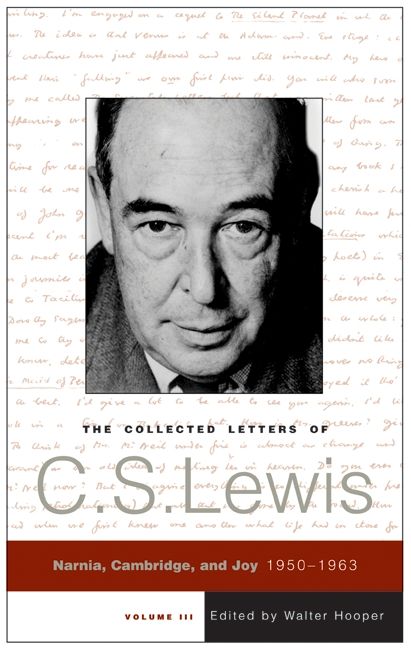
 Here’s why we’re talking about this.
Here’s why we’re talking about this.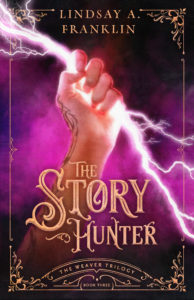
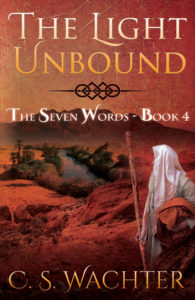 Story sponsor: C. S. Wachter’s
Story sponsor: C. S. Wachter’s 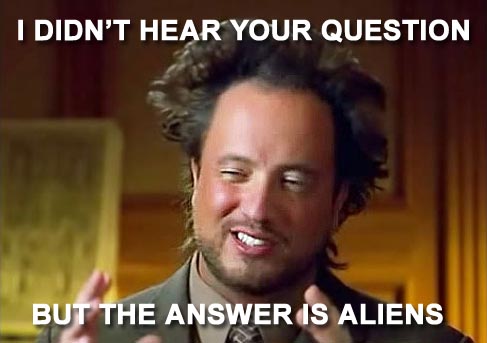 Next on Fantastical Truth
Next on Fantastical Truth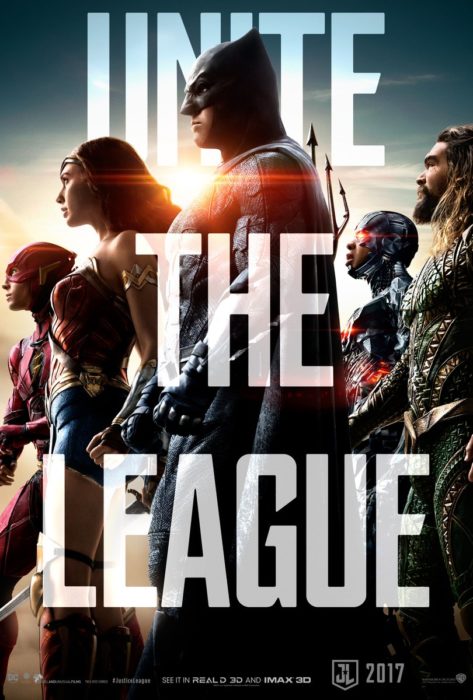 Quotes and notes
Quotes and notes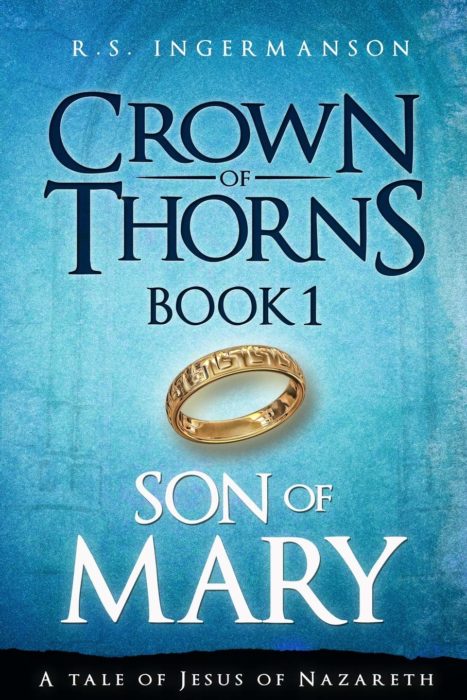
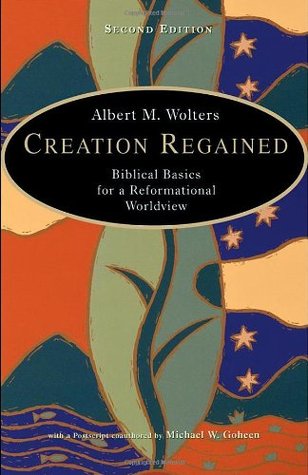
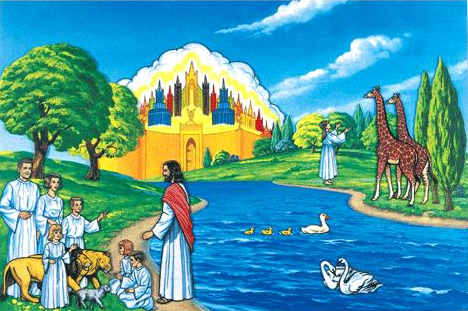

 Interview with Kathy Tyers
Interview with Kathy Tyers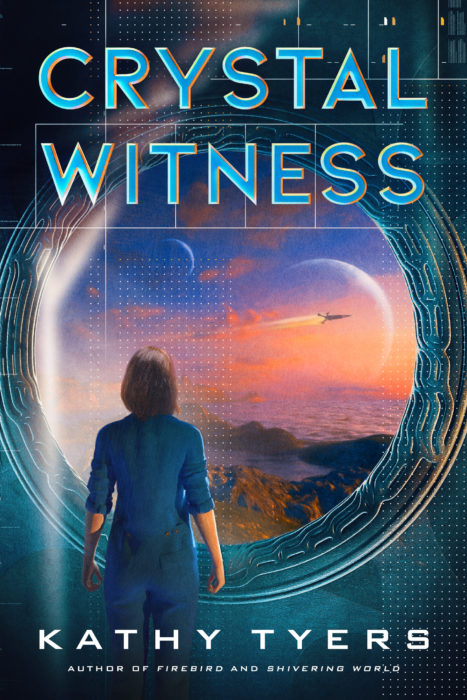 What’s the story of the now re-releasing Crystal Witness?
What’s the story of the now re-releasing Crystal Witness?